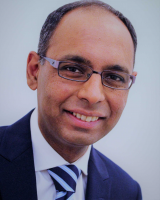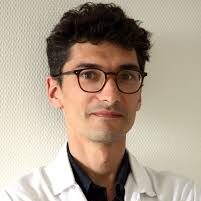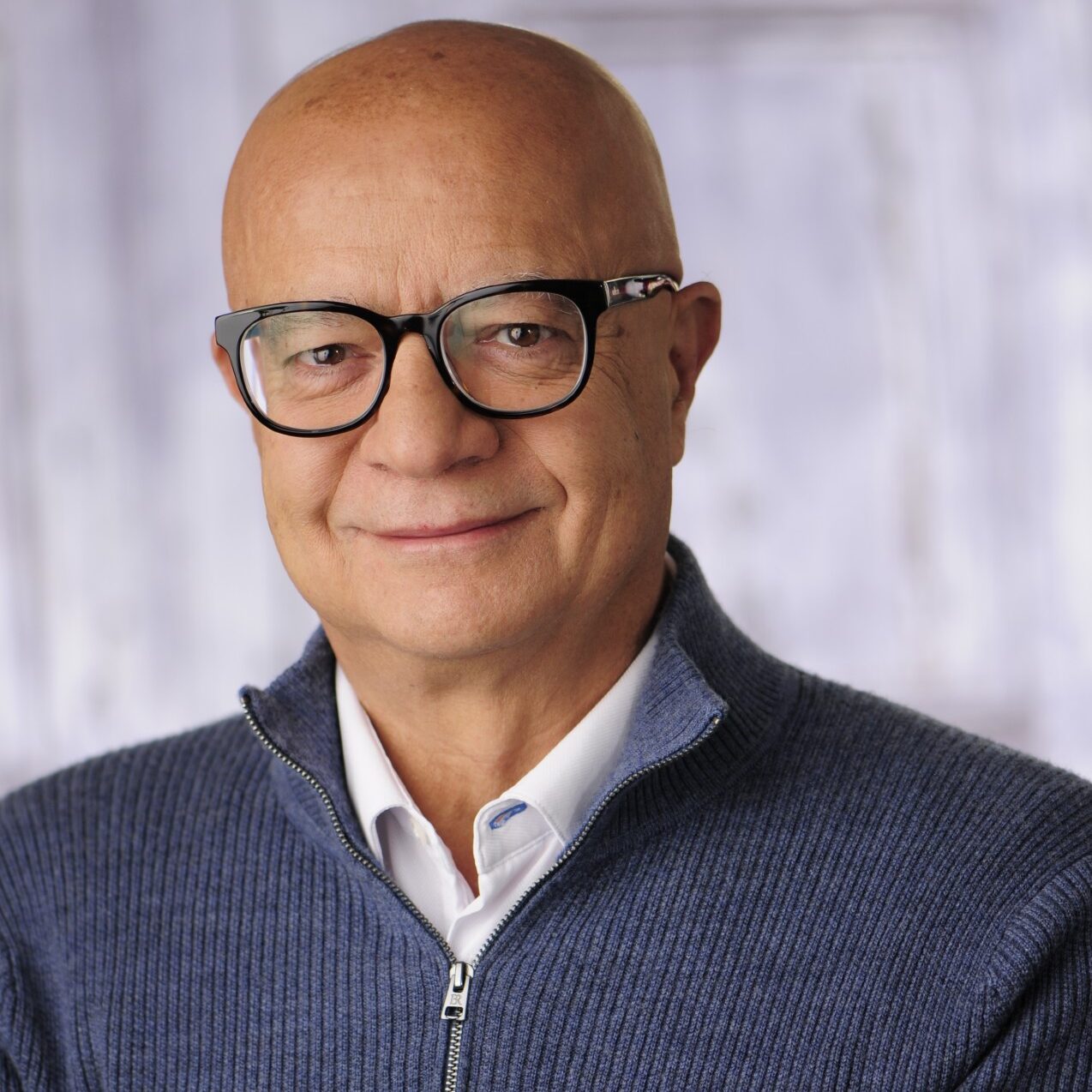 Rafat Abonour
Rafat AbonourUSA
Rafat Abonour
Rafat Abonour, MD is the Harry and Edith Gladstein Professor of Medicine, pathology, and laboratory medicine at Indiana University (IU) in Indianapolis, Indiana. Dr. Abonour is also director of the Multiple Myeloma and Waldenstrom Disease Program at IU Simon Cancer Center. Dr. Abonour earned his medical degree from the University of Damascus in Syria. He completed his residency in internal medicine and fellowship in hematology at the University of Wisconsin in Madison, Wisconsin. Dr. Abonour established and directs the multiple myeloma and plasma cell program at IU. His clinical interests include novel therapies for multiple myeloma, including immunotherapy. Dr Abonour is principal or co-investigator of several on-going clinical trials. Dr. Abonour is a member of the Eastern Cooperative Group and leads the Data Monitoring Committee for Myeloma. He is actively involved in several professional societies including the American Society of Hematology, where he was the Chair of the Scientific Committee on Plasma Cell Neoplasm (2015) and American Society of Oncology, where he is the Chair of the Scientific Committee on Plasma Cell Neoplasm (2025). Dr. Abonour has authored or coauthored numerous peer-reviewed manuscripts, book chapters, and review articles. He has lectured nationally and internationally and received numerous awards, including the Trustee Teaching Award from Indiana University and the Excellence in Cancer Care Award from the Indianapolis Leukemia and Lymphoma Society. He also received the Sagamore of the Wabash award, the highest honor an Indiana governor can bestow, for his work on multiple myeloma on behalf of his patients.
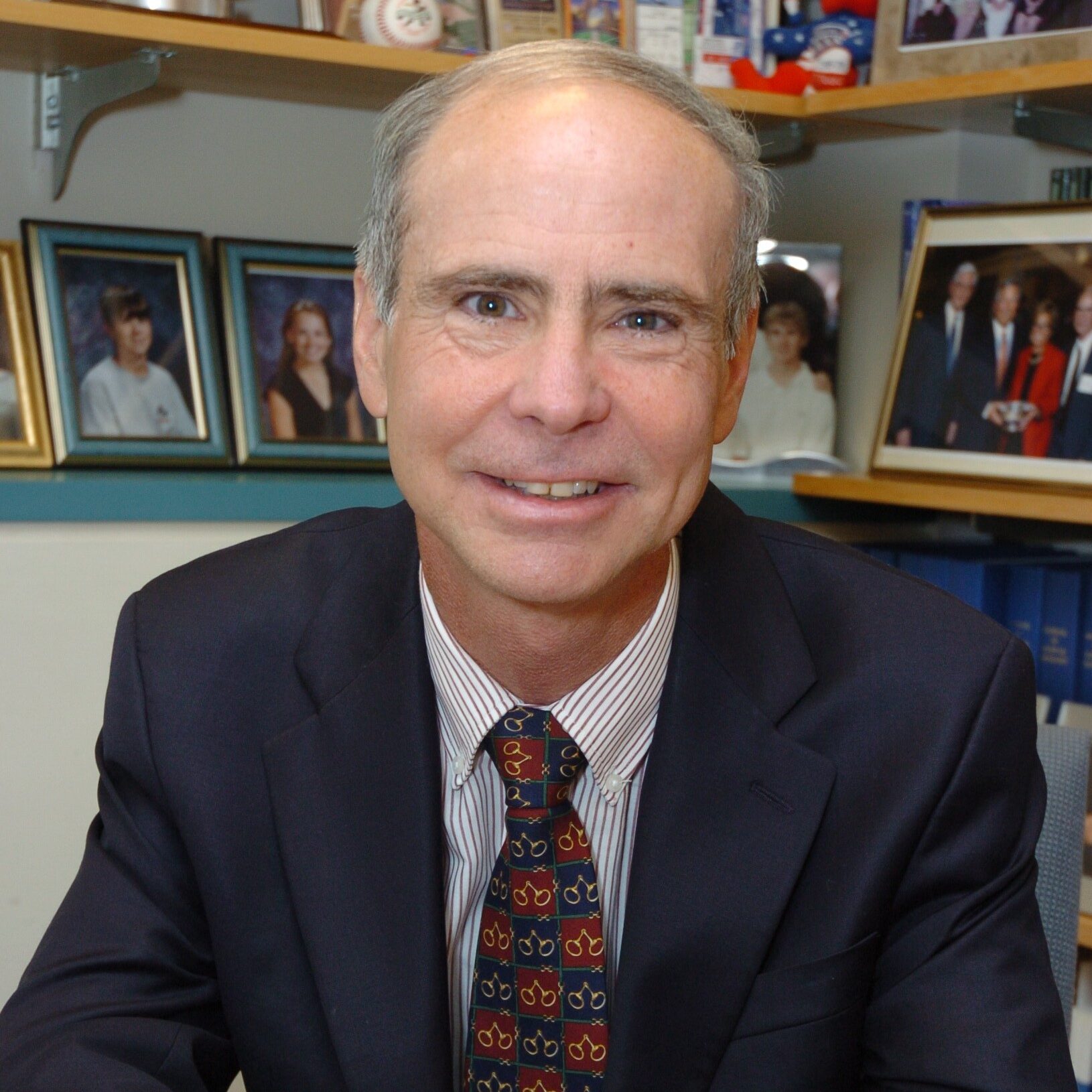 Kenneth Anderson
Kenneth AndersonUSA
Kenneth Anderson
Dr. Anderson is the Kraft Family Professor of Medicine at Harvard Medical School, as well as Director of the LeBow Institute for Myeloma Therapeutics and Jerome Lipper Multiple Myeloma Center at Dana-Farber Cancer Institute. After graduating from Johns Hopkins Medical School, he trained in internal medicine at Johns Hopkins Hospital, and then completed hematology, medical oncology, and tumor immunology training at the Dana-Farber Cancer Institute. He is a Doris Duke Distinguished Clinical Research Scientist and American Cancer Society Clinical Research Professor. Over the last four decades, he has developed laboratory and animal models of myeloma in its microenvironment which have allowed for both identification of novel targets and validation of novel targeted and immune therapies. He has then rapidly translated these studies to clinical trials culminating in FDA approval of novel targeted therapies which have markedly improved patient outcome. He has received the American Society of Hematology William Dameshek Prize, the American Association for Cancer Research Joseph H. Burchenal Award, the American Society of Clinical Oncology David A. Karnofsky Award, and the Harvard Medical School Warren Alpert Prize. He is a Fellow of AACR and ASCO, a member of the National Academy of Medicine as well as Royal College of Physicians and Pathologists, and past President of the International Myeloma Society and American Society of Hematology. He has also received the Robert A. Kyle Lifetime Achievement Award from the International Myeloma Foundation and the Waldenstrom Award at the International Myeloma Workshop.
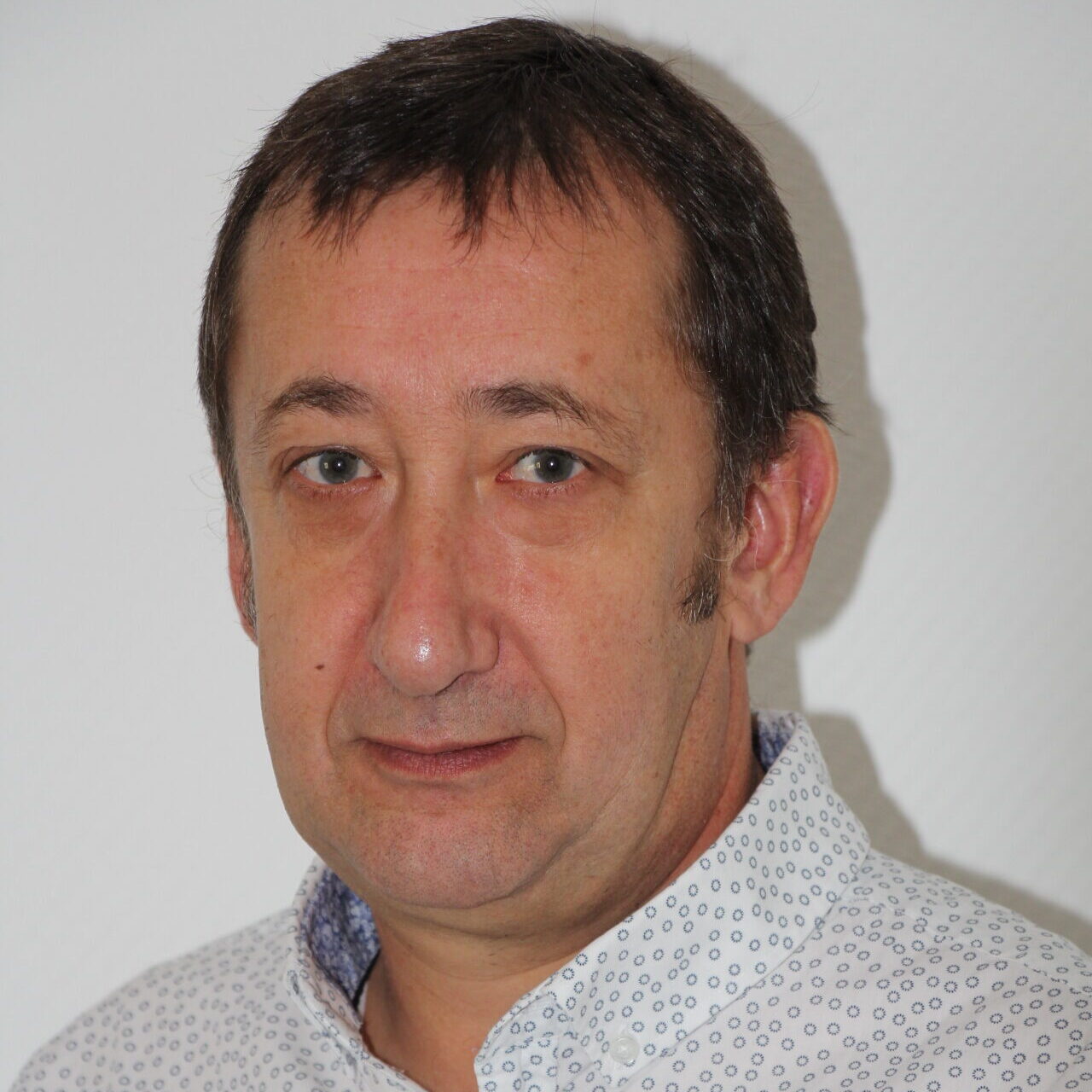 Hervé Avet-Loiseau
Hervé Avet-LoiseauFrance
Hervé Avet-Loiseau
Professor Hervé Avet-Loiseau is Head of the Laboratory for Genomics in Myeloma in the University Cancer Center of Toulouse since September 2012. Before, he was head of the Hematology Laboratory of the University Hospital of Nantes, France, a position he has held since 2008. He received his medical degree with a specialization in Pediatric Hematology in 1990. After pursuing a postdoctoral fellowship in the laboratory of Dr. Joe Gray in San Francisco, he moved into the area of Biological Hematology in 1995 and subsequently specialized in cytogenetics. He received his PhD in 1998 and became Professor of Hematology in 2001. Professor Hervé Avet-Loiseau is highly involved in the Intergroupe Francophone du Myélome (IFM), current Chairman, where he leads all biological studies. Most of these studies are based on the analysis of genetic/genomic abnormalities observed in malignant plasma cells using different technologies, including Fluorescence In-Situ Hybridization (FISH), gene expression profiling, single nucleotide polymorphism (SNP) arrays, and Next Generation Sequencing (NGS).
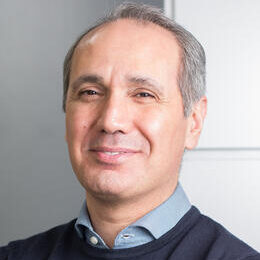 Nizar Bahlis
Nizar BahlisCanada
Nizar Bahlis
Dr Bahlis is an Associate Professor of Medicine at the University of Calgary in the division of Hematology and Bone Marrow Transplantation and a member of the Charbonneau Cancer Research Institute. Dr Bahlis received his medical degree in 1995 from St Joseph University – French Faculty of Medicine in Beirut. He then completed his internal Medicine residency at the State University of New York in Syracuse followed by a Hematology-Oncology fellowship at the University of Miami, Florida. Dr Bahlis also completed a postdoctoral fellowship in cancer biology at the University of Miami under the mentorship of Dr Lawrence Boise. Dr Bahlis’ clinical and laboratory research focus on the study of plasma cell dyscrasia, with particular interest in multiple myeloma genomics and the development of novel therapeutics. He has received several awards and research funding from numerous agencies including the ASCO young investigator award, the Multiple Myeloma Research Foundation, The Leukemia and Lymphoma Society of Canada, Alberta Cancer Foundation, the National Institute of Health, the Terry Fox Foundations and the Canadian Institute of Health and Research (CIHR). His research work was published in many peer-reviewed journals including New England Journal of Medicine, Blood, Leukemia, Molecular Cancer Research and Clinical Cancer Research. Dr Bahlis also served on the editorial board for the journal Blood and on the review panels of several national and international funding agencies. He is a member of the American Society of Hematology (ASH), the ASH plasma cell dyscrasia scientific panel and the international myeloma society (IMS) education panel.
 Rahul Banerjee
Rahul BanerjeeUSA
 Meral Beksaç
Meral BeksaçTurkey
Meral Beksaç
Meral Beksaç MD is a Professor and the Head of the Department of Hematology at Ankara University, Turkey. She has been actively involved in investigator initiated or pharma sponsored Phase II-III clinical trials since 1992, initially within the auspices of EORTC-LCG and later in collaboration with European Myeloma Network. Apart from the pre-clinical studies and clinical trials, her field of research is focused on immune-genetics of plasma cell disorders and expansion of HSC or NK cells from cord blood. Dr Beksaç is an active member of Turkish Society of Hematology as well as international societies, including EHA, ASH, EBMT, ASTCT, IMS and IMF. She is currently the president of the ”Turkish Bone Marrow Transplantation Foundation” and the “Plasma Cell Disorders Subcommittee of the Turkish Society of Hematology”. She is also acting as the vice-chair of the “Balkan Myeloma Study Group” and also the Plasma Cell Disorders Subcommittee of EBMT-CMWP and is a board member of EMN.
Dr Beksaç is also a member of the editorial board of scientific journals and has been editor of three books and authored more than 300 original papers in peer-reviewed journals with more than 20000 citations (google scholar H index:60 scopus: 45).
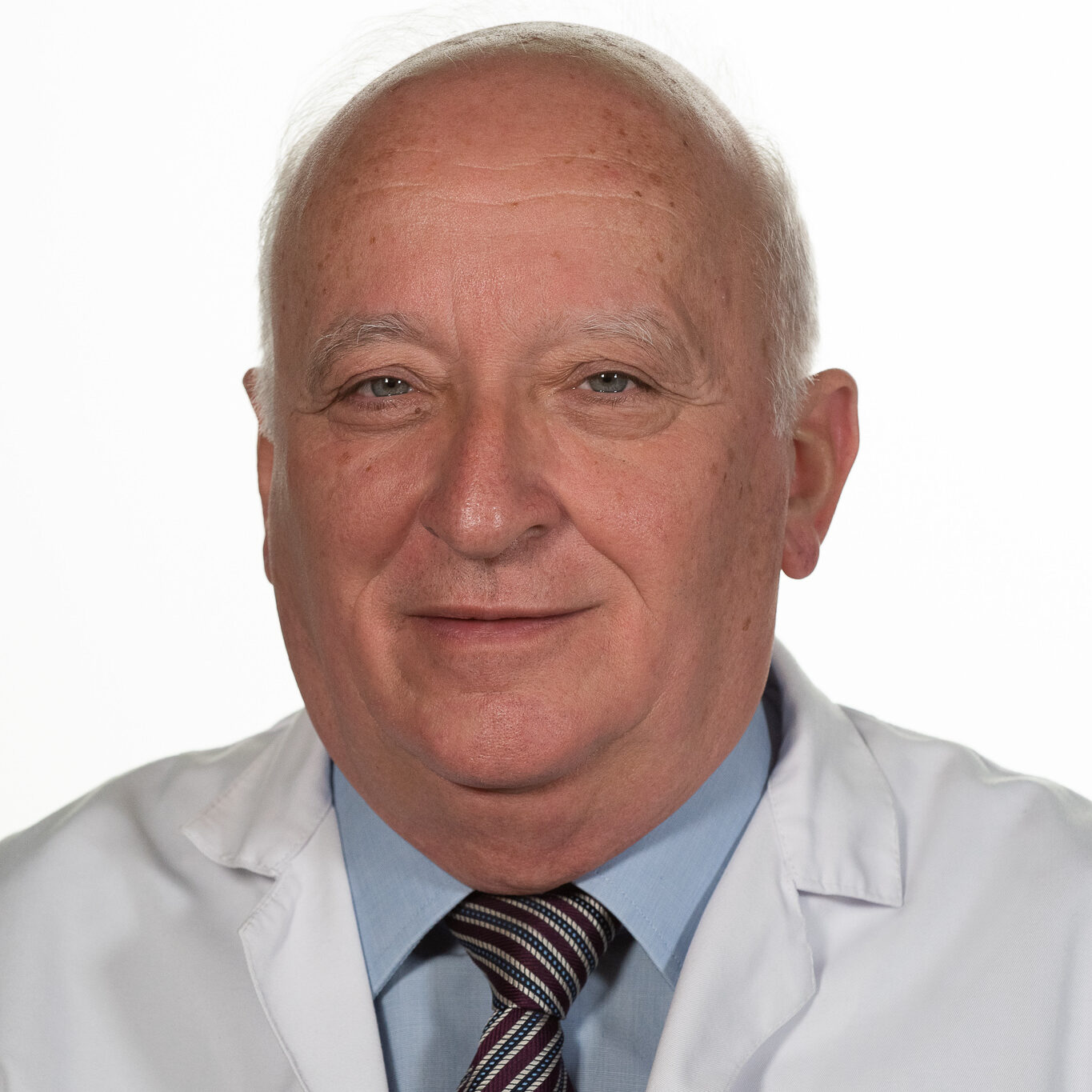 Joan Bladé
Joan BladéSpain
Joan Bladé
Joan Bladé has been devoted for the last 40 years to the care of patients with multiple myeloma and AL amyloidosis and clinical research on these diseases at the Hospital Clinic in Barcelona. He also spent one year at the Dysproteinemias Unit at the Mayo Clinic in Rochester, MN. He developed the Amyloidosis and Myeloma Unit at the Hospital Clinic in Barcelona. He has been the chairman of PETHEMA myeloma trials (later PETHEMA/GEM) since 1985, Secretary of the PETHEMA group (1993-2001), Founder of the PETHEMA Foundation in 1995 and Executive Secretary of the International Myeloma Society (2011-2015). Joan Bladé was the President of the X International Myeloma Workshop in Salamanca 2003 and the XVII International Symposium on Amyloidosis in Tarragona 2020. His main research achievements have been: 1) development of the EBMT response criteria, 2) recognition for the first time of two clinically and biologically different types of MGUS and SMM ( i.e., evolving vs. non-evolving), 3) first in recognize the lack of efficacy of thalidomide as well as the efficacy of bortezomib in the extramedullary myeloma involvement, 4) demonstration of the superiority of ASCT over conventional chemotherapy in multiple myeloma and 5) identification of boterzomib, thalidomide and dexamethasone (VTD) combination as the best pre-transplant anti-myeloma regimen (approved by the EMEA in 2014). Joan Bladé has published over 500 scientific papers in international peer reviewed journals. His H-index is 93 with 42.331 citations. All the above resulted in a number of recognitions such as the Robert Kyle Lifetime Achievement Award by the International Myeloma Foundation, the Spanish Society of Hematology Antonio Raichs Award or the Joseph Michaelli Research Award for contributions to Myeloma Research. Finally, he was also recognized as one of the 1% more cited researchers during the period 2002-2012 by the Thompson and Reuters Agency.
 Woo Joo Chng
Woo Joo ChngSingapore
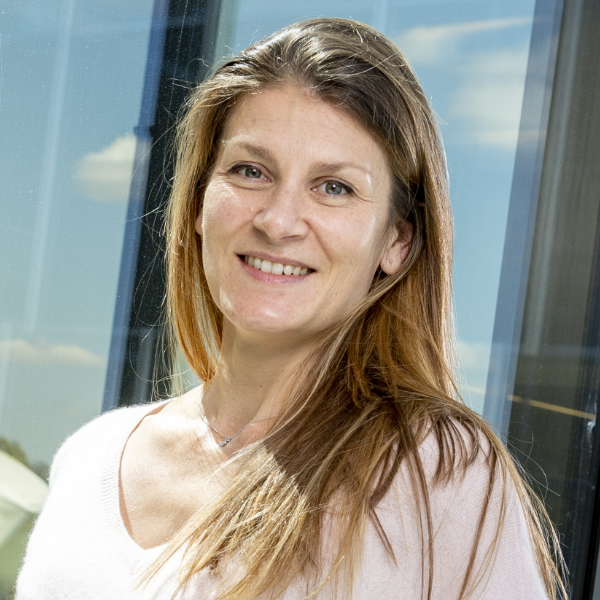 Jill Corre
Jill CorreFrance
Jill Corre
Jill Corre, PharmD, PhD, is Professor in the Hematology Laboratory of the University Toulouse Hospital. She is co-head of the Unit for Genomics in Myeloma with Professor Hervé Avet-Loiseau in the University Cancer Institute of Toulouse Oncopole. Her research activity takes place in the team Genomic and Immunology of Myeloma, from the Cancer Research Center of Toulouse. She is currently a member of the Intergroupe Francophone du Myélome and of the International Myeloma Society.
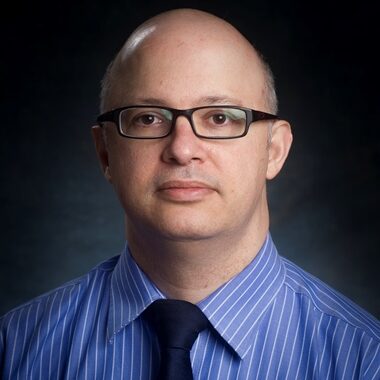 Luciano Costa
Luciano CostaUSA
Luciano Costa
Dr Costa obtained a medical degree and subsequently PhD from Universidade de Sao Paulo, Brazil. He trained in Hematology and Medical Oncology at University of Colorado and in Blood and Marrow Transplantation at Mayo Clinic, Rochester- MN. He is the Mary and Bill Battle Professor in Multiple Myeloma at the University of Alabama at Birmingham O’Neal Comprehensive Cancer Center. Dr Costa leads several multi-institutional and international projects exploring new cellular and immunotherapies and minimal residual disease in myeloma.
 Faith Davies
Faith DaviesUSA
Faith Davies
Faith E. Davies earned her medical degree from the University of Wales College of Medicine and completed her general medical training and hematology specialty training in the UK. Prior to joining the faculty of NYU Langone, New York, Dr. Davies held positions with the University of Arkansas for Medical Sciences, Arkansas, USA and the Institute of Cancer Research / Royal Marsden Hospital, in London, UK.
Her research focus for three decades has been on the biology and treatment of plasma cell dyscrasias, in particular the examination of potential new drugs and new genetic technologies. She is recognized internationally for her work looking at prognostic and predictive biomarkers (e.g. genetic abnormalities, imaging and minimal residual disease) within the context of clinical trials. Dr. Davies laboratory work is aimed at identifying vulnerabilities in myeloma cells that may be exploited therapeutically and translating these findings into the clinical arena with a focus on individualized treatment.
Dr. Davies is an active member of the American Society of Hematology, and the American Association for Cancer Research, and enjoys participating in a number of the patient-focused organizations. She is widely published in leading peer-reviewed journals, including the New England Journal of Medicine, Lancet Oncology, Blood, Journal of Clinical Oncology, and Leukemia.
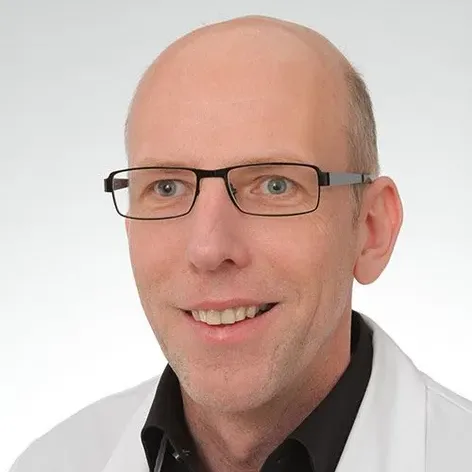 Michel Delforge
Michel DelforgeBelgium
Michel Delforge
Michel Delforge, MD, PhD, is a professor of medicine in the Department of Haematology at the University of Leuven, in Leuven, Belgium. He studied medicine at the University of Leuven, where he obtained a doctoral degree in biomedical sciences. He continued his medical training as a research fellow at the University of Minnesota, Minneapolis, MN, USA, and subsequently undertook a clinical fellowship at the University of Leuven, with specific interests in myelodysplastic syndromes and plasma cell diseases.
Professor Delforge is currently chairman of the KU Leuven Cancer Institute and Clinical Head of the Department of Haematology at the University Hospital Leuven, where he directs the plasma cell dyscrasia unit. He is a senior clinical investigator and holds the Fraiture chair in hematology. His research focus is on prevention and management of drug related adverse events and mechanisms of drug resistance in multiple myeloma.
Professor Delforge is chairman of the Myeloma Committee of the Belgian Hematology Society and a member of the Intergroupe Francophone du Myélome, HOVON (Haemato-Oncology Foundation for Adults in the Netherlands), and the International Myeloma Working Group. He has authored or co-authored more than 100 articles in peer-reviewed medical journals and several book chapters in the field of haematology.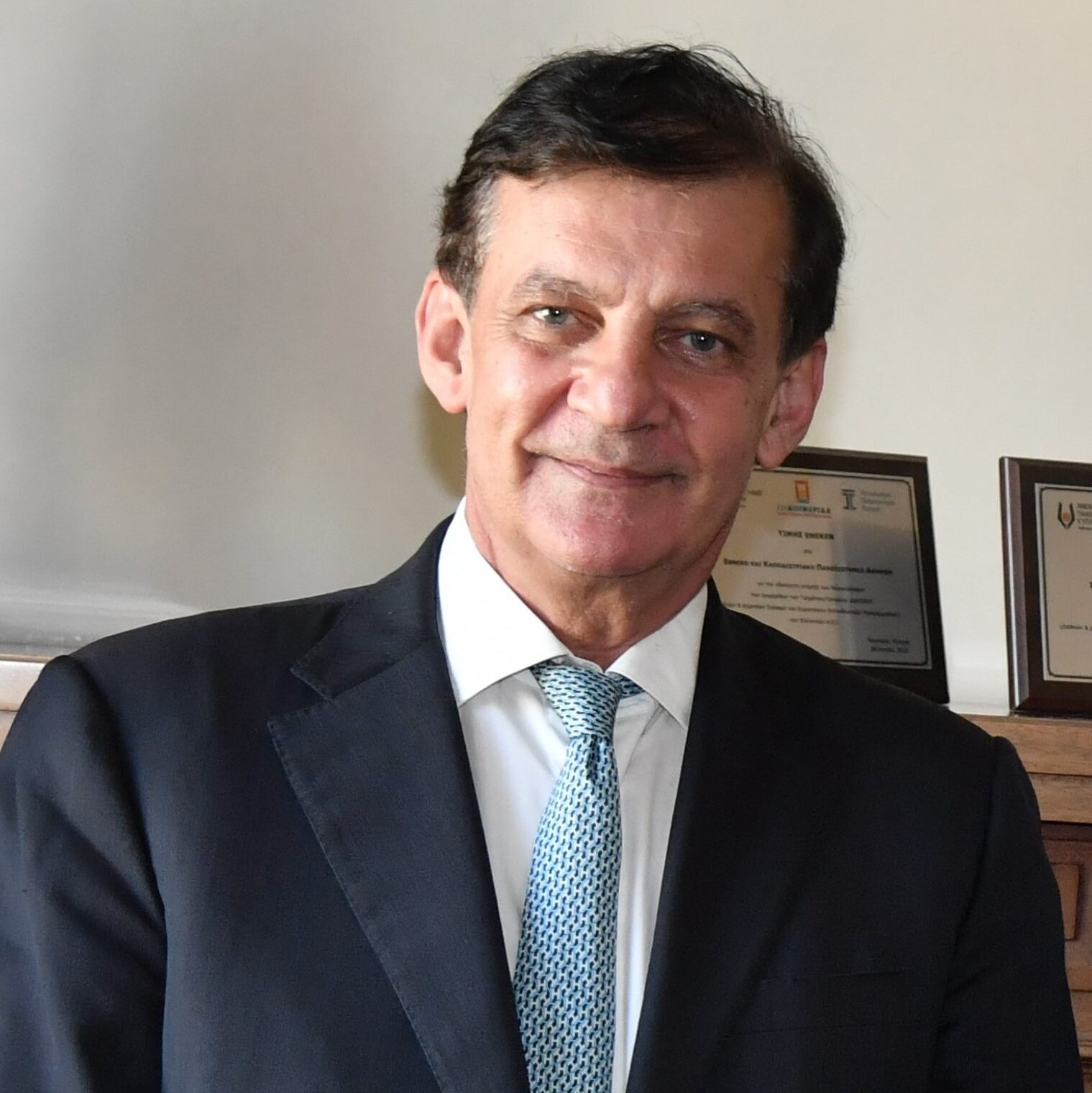 Meletios Dimopoulos
Meletios DimopoulosGreece
Meletios Dimopoulos
Meletios A. Dimopoulos, MD is Professor and Chairman of the Department of Clinical Therapeutics at the National and Kapodistrian University of Athens School of Medicine, Athens, Greece. He was the Rector of the National and Kapodistrian University of Athens from February 2015 until August 2023. He has been a member of the Board of the International Myeloma Society and the chairman of the Greek Myeloma Study Group. Currently he is the chairman of the Balkan Myeloma Study Group, a member of the Board of the European Myeloma Network, a member of the scientific committee of the European School of Haematology, a member of the SOHO educational committee and a member of the Editorial Board of Expert Review of Hematology.
As of January 2025 he has published more than 1450 manuscripts in Peer Review Journals and his h-index (Google Scholar) is 173. His particular interest is in hematologic malignancies (especially plasma cell dyscracias) and solid tumors.
He is a recipient of the Robert A. Kyle Award for outstanding contributions to Waldenstrom’s macroglobulinemia (May 2003), a recipient of Waldenstrom’s award for Myeloma Research of the International Myeloma Society (March 2017), recipient of the CoMy Excellence Award (May 2017). In August 2017 he was given the title “Officier dans l’ Ordre des Palmes academiques” (Republique Francaise, Ministere de l’ Education Nationale). In May 2018 he was elected as “membre associe etranger” of the National Academy of Medecine of France. He also received The Robert Kyle Life Achievement Award (June 2019), Distinguished Alumnus Award from the MD Anderson Cancer Centre, Houston, TX, USA (January 2020), Medal of the Grand Commander of the Order of the Phoenix awarded by the President of the Hellenic Republic (February 2020) and the Title of Doctor Honoris Causa by the University of Belgrade (October 2022).
 Thierry Facon
Thierry FaconFrance
Thierry Facon
Thierry Facon, MD, is Professor of Haematology in the Department of Haematology, Lille University Hospital, Lille, France, a position he has held since 2000. Professor Facon received his MD at Lille University School of Medicine in 1987 and became Assistant Professor of Haematology at Lille University Hospital in 1989.
Professor Facon was President of the Intergroupe Francophone du Myélome (IFM) between 2003 and 2006, Vice-President of the French Society of Haematology between 2005 and 2013. Professor Facon has presented at several international congresses, including the Plenary session at the annual meeting of the American Society of Clinical Oncology (ASCO) in 2006, the Plenary sessions at the annual meeting of the American Society of Hematology (ASH) in 2013 and 2018 the Educational Session of European Haematology Association (EHA) in 2008 and 2014, and the Educational session of ASH in 2015 and 2018. He co-organized the XIIIth International Myeloma Workshop (IMW) in Paris in 2011, and is a member of the American Society of Hematology (ASH), the International Myeloma Working Group (IMWG), the International Myeloma Foundation (IMF). He is a founder member and administrator of the Fondation Française pour la Recherche contre le Myélome et les Gammapathies (FFRMG) under the aegis of the Fondation de France whose main objective is to enable scientists and students to carry out research programs in host laboratories in France or abroad.
He has presented the “Pierre Stryckmans Memorial Lecture” of the Belgian Hematological Society in 2015 and received the Joseph Michaeli Award from Weill Cornell Medicine, New York USA for his contributions to the treatment of Myeloma Research in 2017 and the International Myeloma Foundation Robert A. Kyle Life Time Achievement Award in 2020. He is an Honorary Professor at the Institute of Hematology & Blood Diseases Hospital, Chinese Academy of Medical Sciences, Peking Union Medical College, China since 2015. Professor Facon is author and co-author of a number of articles and has published his work in various prestigious international journals including, as first or senior author, The Lancet and The New England Journal of Medicine.
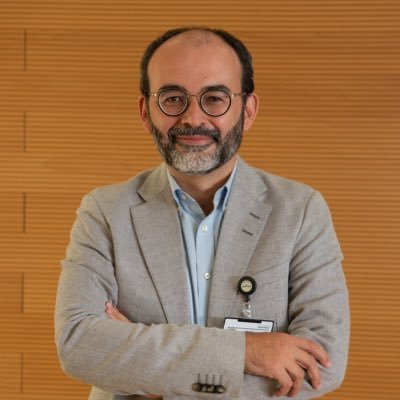 Carlos Fernández de Larrea
Carlos Fernández de LarreaSpain
Carlos Fernández de Larrea
Carlos Fernández de Larrea completed his training in hematology at Hospital Clínic in Barcelona. His doctoral thesis was awarded with the Extraordinary Award of the University of Barcelona. He has been visiting investigator at the Centre for Amyloidosis of Pavia, the National Cancer Institute in Bethesda, as well as at Memorial Sloan Kettering Cancer Center in New York for 18 months, working in CAR-T cells for myeloma. He is currently consultant of the Department of Hematology at Hospital Clínic de Barcelona, research group leader at IDIBAPS and Associate Professor in the University of Barcelona. He participates actively in clinical trials for multiple myeloma and macroglobulinemia.
 Rafael Fonseca
Rafael FonsecaUSA
Rafael Fonseca
Rafael Fonseca, MD, is the Getz Family Professor of Cancer, Professor of Medicine, Chief Innovation Officer, and a consultant in the Division of Hematology/Oncology at the Mayo Clinic in Arizona. He is a member of the Mayo Clinic Board of Governors and Board of Trustees. He earned his MD at Universidad Anahuac, Mexico. He completed a residency in internal medicine at the University of Miami, FL, and a fellowship in hematology and medical oncology at Mayo Graduate School of Medicine, Rochester, MN. He was named a Clinical Investigator for the Damon Runyon Cancer Research Fund. He is a visiting healthcare fellow at the Goldwater Institute.
Dr Fonseca’s practice has focused on the diagnosis and treatment of plasma cell disorders and leading the multiple myeloma team in its efforts to develop a better understanding of the disease and its impact on patients. In his laboratory, Dr Fonseca has led his team of researchers regarding the genetic nature of clonal cells of plasma cell disorders, myeloma bone disease, prognostic markers, and development of new therapies for the disease. He is an active participant and leader of myeloma clinical trials.
Throughout his training and career, Dr Fonseca has received numerous awards and honors, including the Damon Runyon-Walter Winchell Clinical Investigator Award, and the International Waldenström Macroglobulinemia Research Award. Most notably, he is a Mayo Clinic Distinguished Investigator, the highest academic distinction given to investigators at his institution. Dr Fonseca holds memberships and serves in positions for organizations such as the American Society of Clinical Oncology, American Society of Hematology, American Association for Cancer Research, and the International Myeloma Society. His research has been funded by the National Cancer Institute (R01, P01, SPORE), the Leukemia & Lymphoma Society, the Multiple Myeloma Research Fund, and the Damon Runyon Cancer Research Fund.
Dr Fonseca serves as reviewer and in editorial capacities for medical publications including Blood, Lancet, Nature Medicine, Cancer Cell, Leukemia, and the New England Journal of Medicine, among others. He has given many national and international presentations as a visiting professor, and has authored numerous articles (over 300), book chapters, editorials, abstracts, and letters. He has an H index of 123 with 57,617 citations (Google Scholar August 10th, 2022)
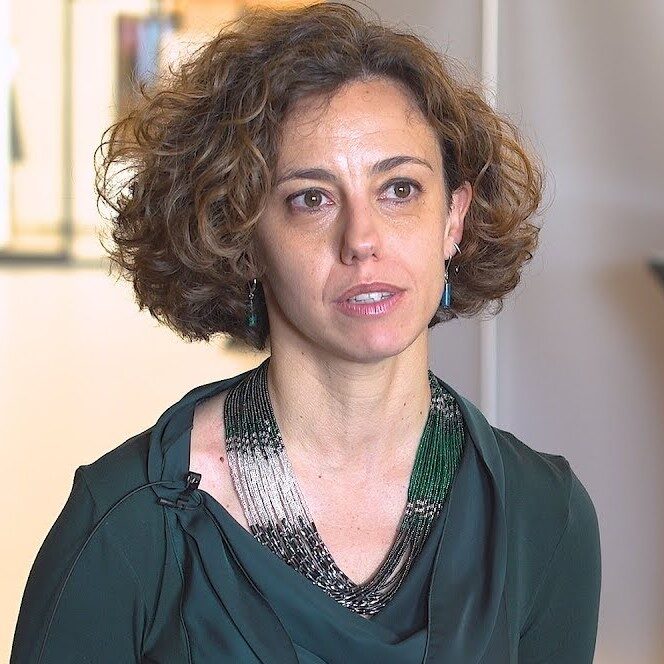 Francesca Gay
Francesca GayItaly
Francesca Gay
Dr. Francesca Gay is Associate Professor in the University of Torino, Department of Molecular Biotechnology and Health Sciences, and works as hematologist at the Division of Hematology 1, and SSD Clinical trials in onco-ematology and multiple myeloma, Azienda Ospedaliero-Universitaria Città della Salute e della Scienza di Torino, Italy. She completed her medical degree in 2004 and her fellowship in hematology in 2008 at the University of Torino, Italy. She obtained her PhD in Medicine and Experimental Therapy in 2014.
She is a member of ASH, EHA, ESMO, EMN, IMS, and SIE. She is a member of the EHA Steering Commettee Program and has previously been a member of the EHA Steering Commettee Program Advisory Board, of the ESMO Clinical Practice Guidelines committee, of the EMN Young Board, of the IMS Board and the Educational Commettee and Social Media Commette of IMS, of the GIMEMA working Party on Immutherapy. She is involved in the design, development and coordination of phase I/II/III clinical trials for the treatment of multiple myeloma in tight collaboration with the European Myeloma Network, and principal investigator in multicenter trials. She worked on several international multicenter projects and data analyses.
Dr. Gay’s main research focuses on the diagnosis and the clinical and experimental treatment of patients with multiple myeloma and associated disorders, particularly of newly diagnosed patients eligible for autologous stem-cell transplantation. Her interests also include the use of new biological molecules, monoclonal antibodies, immunotherapeutic agents, CAR T Cells and stem-cell transplantation techniques.
She is author and co-author of more than 100 papers published in peer reviewed journals, as well as reviewer for several journals including Lancet, Leukemia, Lancet Oncology, Lancet Hematology, Blood Cancer Journal and Haematologica. In 2019 she has been awarded the Bart Barlogie Young Investigator Award by the International Myeloma Society and in 2022 of the CoMy woman in multiple myeloma achievement award.
 Catarina Geraldes
Catarina GeraldesPortugal
 Irene Ghobrial
Irene GhobrialUSA
Irene Ghobrial
Dr. Ghobrial completed her M.D. at Cairo University and a residency in Internal Medicine at Wayne State University in Detroit, Michigan, then trained as a Hematology/Oncology Fellow at the Mayo Clinic in Rochester, Minnesota. She is currently a Professor of Medicine and the Lavine Family Chair for Preventative Cancer Therapies at Dana-Farber Cancer Institute, Harvard Medical School. She is the Director of Translational Research in the Department of Multiple Myeloma, Director of the Center for Prevention of Progression diseases (CPOP), and co-leader of the Lymphoma and Myeloma Program at Dana-Farber. She is the co-leader of the Stand Up to Cancer Myeloma Dream Team—the first Dream Team award for blood cancer, the recipient of the Claire W. and Richard P. Morse Research Award, the Jan Gosta Waldenstrom Award, and the William Dameshek Prize given annually by The American Society of Hematology (ASH) to an individual, younger than 50 who has made outstanding contributions in hematology.
Her research focuses on identifying and developing effective therapeutic interventions for precursor conditions of myeloma (Monoclonal Gammopathy of Undetermined Significance and Smoldering Multiple Myeloma, MGUS and SMM). The focus of her research is to identify novel biomarkers of disease progression and develop potentially curative therapies in the pre-malignant phase that exploit the immune microenvironment in the bone marrow. She developed a large, patient-empowering observational study for these precursor conditions, the PCROWD study. She is also the PI of the first screening study for multiple myeloma in the US, the PROMISE study, which is currently screening 30,000 high-risk individuals, including those of African descent or with a family history of blood cancer.
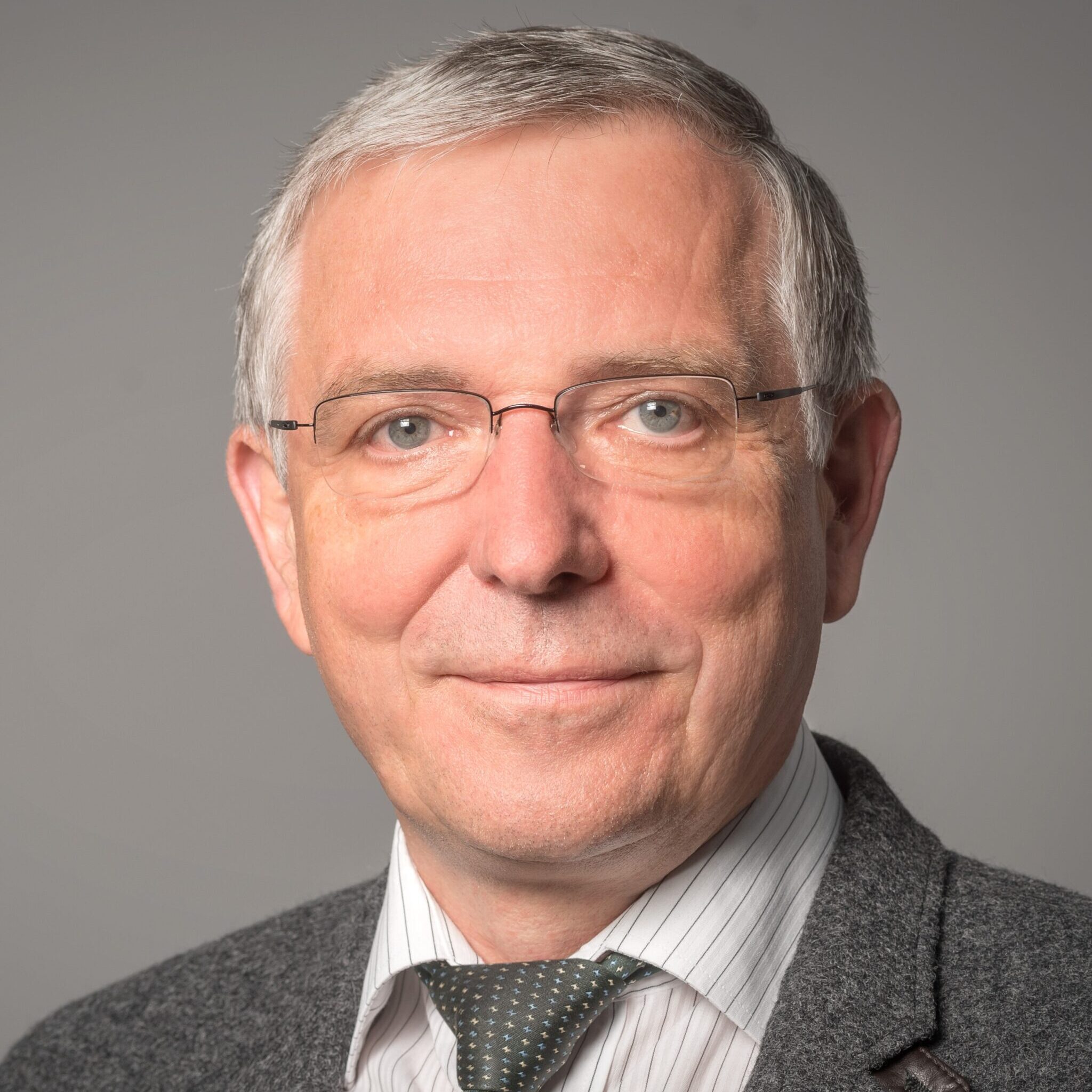 Hartmut Goldschmidt
Hartmut GoldschmidtGermany
Hartmut Goldschmidt
Since October 2022 Professor Hartmut Goldschmidt is leading the German-speaking Myeloma Multicenter Group (GMMG) – Study Group at the University Hospital Heidelberg.
Since March of 2021 he has been representing the newly founded GMMG e.V. Association in his role as President.
During the time period 2005 – 2022 Professor Goldschmidt was the Head of the Section Multiple Myeloma, Medical Hospital V, University Hospital Heidelberg and the National Center of Tumor Diseases.
After his graduation from medical school and his licensing as a practicing physician in 1982, he received the conferment of doctorate in 1984 at the Humboldt-University in Berlin. In 1988 he was recognized as consultant for internal medicine and worked as assistant physician at the University Medical Center for the Internal Medicine, Charité Hospital in Berlin. In 1991 he was recognized in the field of “hematology and internal oncology”. In 1997 he qualified as a professor at the Ruprecht-Karls-University in Heidelberg and was subsequently employed there from 1999 through 2005 as leading senior physician. In June of 2018 he accepted the W3 endowed professorship “Translational Myeloma Research” at the University Clinic in Heidelberg. In February 2018 he was awarded the German Cancer Award for Clinical Cancer Research.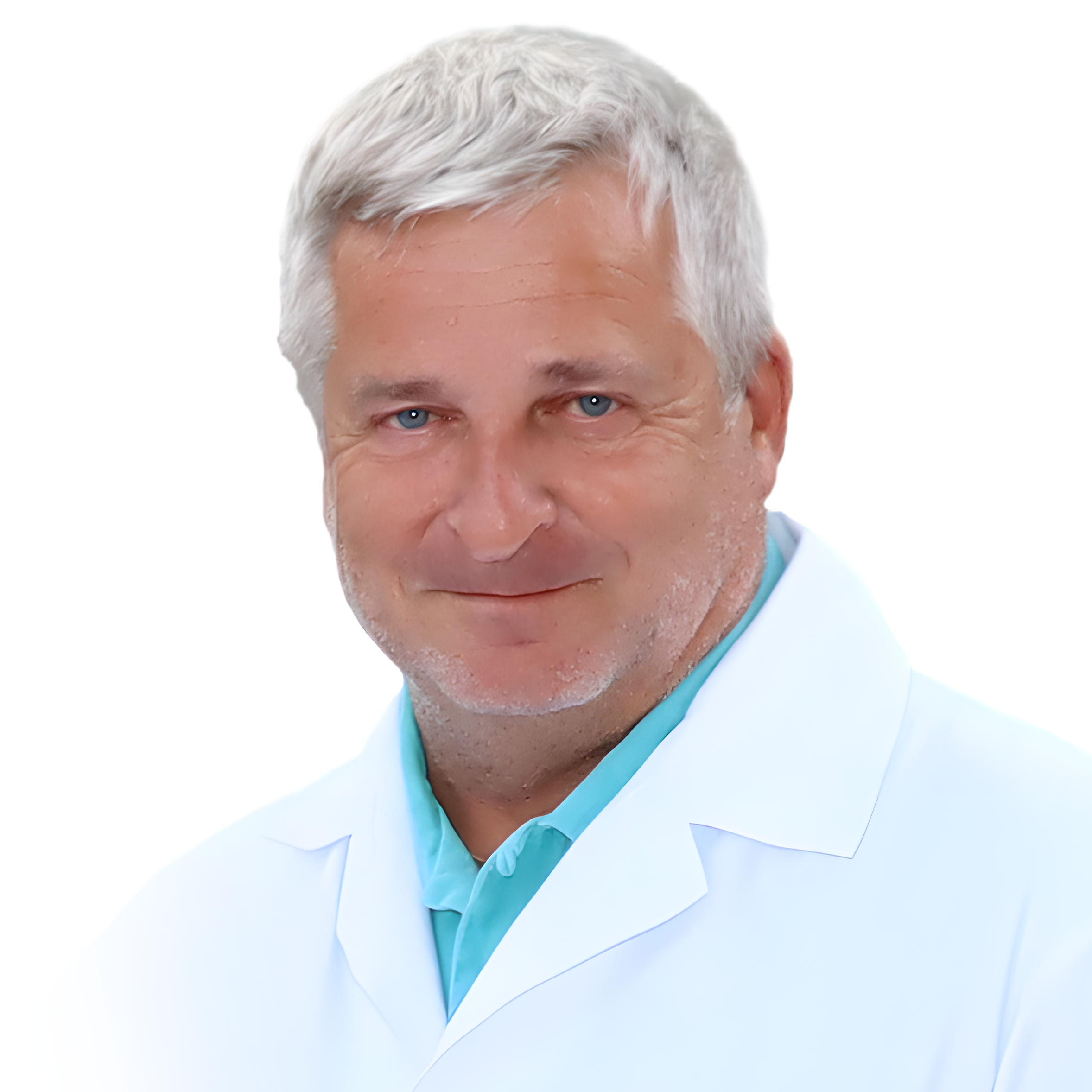 Roman Hajek
Roman HajekCzech Republic
Roman Hajek
Prof. Roman Hájek (H-index 65, ORCID 0000-0001-6955-6267) is a Professor of Oncology, head of the Department of Haematooncology in the University Hospital Ostrava and in the Faculty of Medicine, University of Ostrava, Czech Republic and head of the international research team Blood Cancer Research Group. He has published over 850 scientific articles and book chapters (h-index: 65+) and is an editor of the European Journal of Hematology. His research interests include multiple myeloma and other monoclonal gammopathies, bone marrow transplantation, and immunotherapy. Dr Hájek is chairman and a founding member of the Czech Myeloma Group and Investigator of more than 70 clinical trials phase III and phase I/II/III of other clinical trials in MM including experimental immunotherapy.
 Doris Hansen
Doris HansenUSA
Doris Hansen
Dr Hansen is an Assistant Member/Professor in the Department of Blood and Marrow Transplant and Cellular Immunotherapy, and a practicing hematologist integrated in the Immune Cell Therapy (ICE-T) Program at Moffitt Cancer Center and the University of South Florida/Morsani College of Medicine. Her clinical and research interests include utilizing autologous transplantation and cellular immunotherapies to treat and improve outcomes for patients with multiple myeloma. Dr Hansen’s research interest focuses on characterizing both clinical and patient-reported outcomes among individuals with multiple myeloma receiving immunotherapies, as well as identifying the impact of inflammation and immunity on toxicity and efficacy in this patient population.
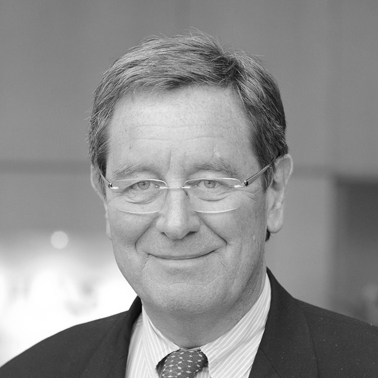 Jean-Luc Harousseau
Jean-Luc HarousseauFrance
Jean-Luc Harousseau
Jean-Luc Harousseau is Professor of Hematology at the University of Nantes in France. He headed the Department of Clinical Haematology in Nantes University Hospital for 24 years and was Director of the Cancer Center René Gauducheau in Nantes from October 2008 to January 2011. In 2011 he founded the Institut de Cancérologie de l’Ouest (Cancer Centers of Nantes and Angers). He has been Chairman of the French National Authority for Health (HAS) from February 2011 to January 2016 and Chair of its Economic and Public Health Evaluation Committee from February 2014 to January 2016. He is currently Medical Director of Research at Institut de Cancérologie de l’Ouest Nantes-Angers
He was a founding member of the Intergroupe Français du Myélome and President of this internationally renowned cooperative group from June 2009 to January 2011.
His major research interest has been Multiple Myeloma and he received the 2005 Waldenström Award, the 2009 Robert Kyle Award and the HJ Khoury IACH award for his scientific contribution in the field of Multiple Myeloma. Professor Harousseau has contributed to more than 550 peer-reviewed publications.
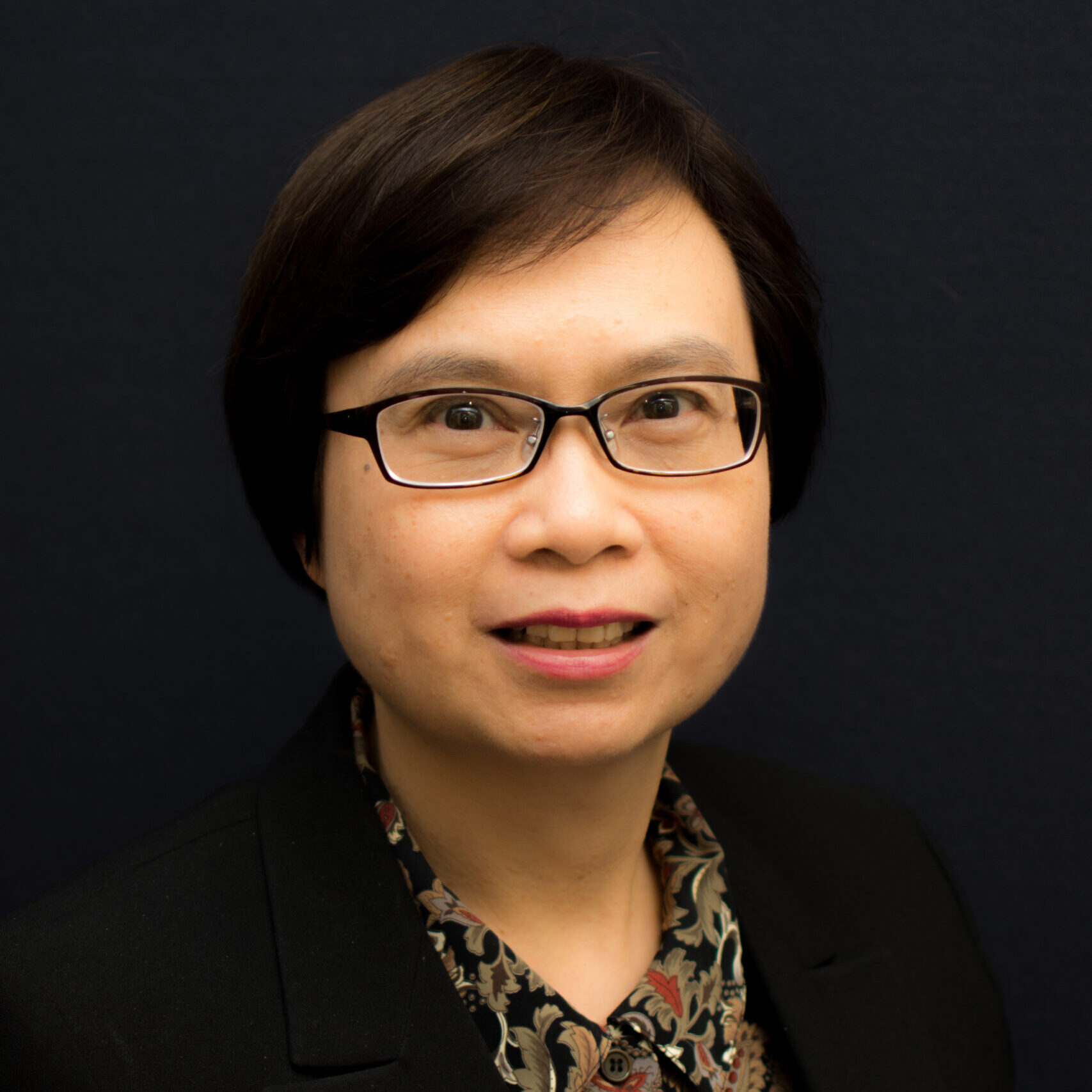 Joy Ho
Joy HoAustralia
Joy Ho
Prof. Joy Ho is Professor, Alan Ng Chair in Haematology, University of Sydney, and Head of Department & Director of Research at the Institute of Haematology, Royal Prince Alfred Hospital (RPAH), Sydney. She is Clinical Lead, Haematology CAR-T Program and Head of the Myeloma Unit in RPAH. She is Founding Director of the Sydney Blood Cancer Research Institute. She is co-chair of the Myeloma Working Group of the Australasian Leukemia and Lymphoma Group (ALLG), Foundation Member and was Deputy Chair of the Medical and Scientific Advisory group of Myeloma Australia, and on the Steering Committee of the Australasian Myeloma Research Consortium (AMaRC) and the Myeloma and Related Diseases Registry (MRDR). She has been a member of the International Myeloma Working Group (IMWG) since its inception. In 2019, she was elected to the Board of the International Myeloma Society in 2019, served on the Education Committee since 2016 and was recently invited to join the Career Development Committee. For the American Society of Hematology (ASH), she is the current Chair of the International Members’ Committee, since 2024. She was President of the Haematology Society of Australia and New Zealand (HSANZ) in 2013-15. In 2017-2021, she was appointed to the Pharmaceutical Benefits Advisory Committee by the Australian Government. Her research achievements include stewardship of national clinical trials, and has brought multiple clinical trials on novel CAR-T, myeloma and lymphoma therapies to RPAH and Australia. She served on the ALLG Scientific and Executive Committees, and chaired the Laboratory Science Committee. Awards received include the Carl de Gruchy Oratorship (HSANZ) in 2022, Inaugural HSANZ Leadership Award in 2023, Albert Baikie Memorial Medal, Kanematsu Memorial Award, and Oxford Nuffield Medical Fellowship.
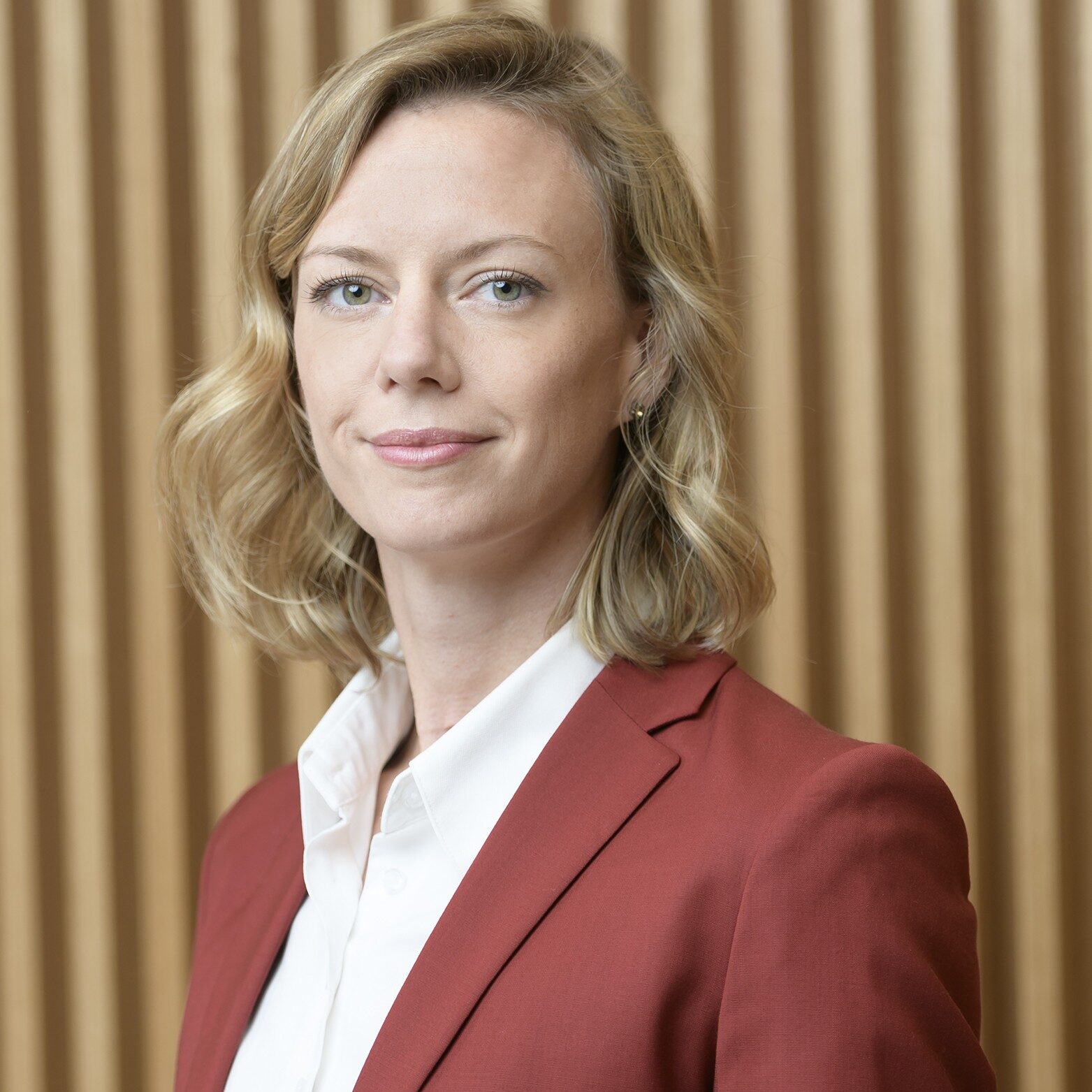 Malin Hultcrantz
Malin HultcrantzUSA
Malin Hultcrantz
Malin Hultcrantz is an Associate Attending, Associate Professor who specializes in the treatment of multiple myeloma and related plasma cell disorders. Dr. Hultcrantz has extensive experience in epidemiological research in multiple myeloma and the precursors disorders MGUS and smoldering multiple myeloma. Dr. Hultcrantz is leading multiple trials focused on novel immunotherapies as well as studies to improve minimal residual disease (MRD) testing.
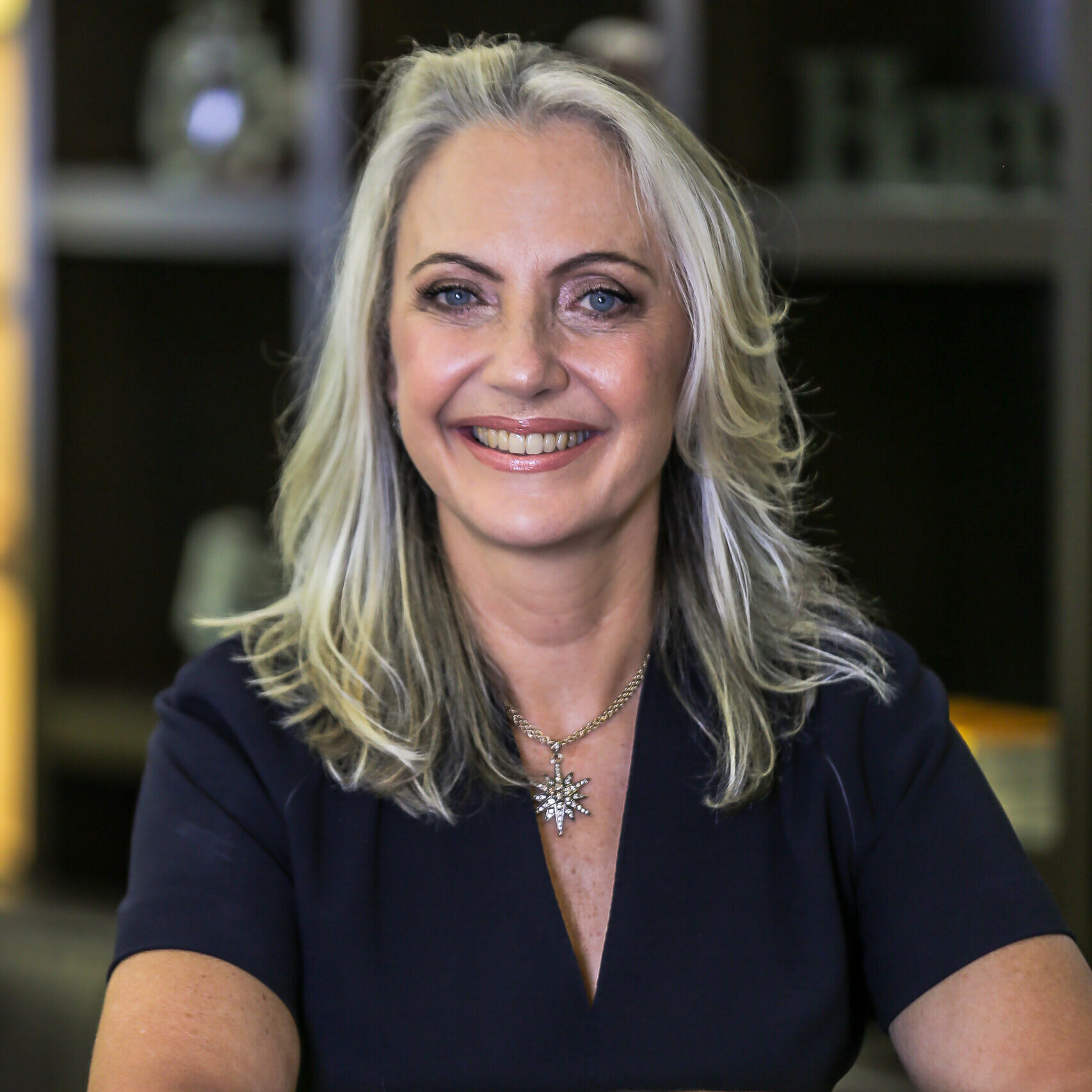 Vania Hungria
Vania HungriaBrazil
Vania Hungria
Associate Professor of Hematology and Oncology Santa Casa Medical School and
Medical Director of the São Germano Clinic in São Paulo, Brazil.
Since the initiation of her medical career, she has focused on plasma cell disorders, mainly multiple myeloma, has conducted national clinical trials, has published on these topics and has participated in multicenter international clinical studies.
Dr Hungria has served during the last years at the International Myeloma Society in the membership subcommittee.
As a Co-founder and Chair of the International Myeloma Foundation Latin America Scientific Advisory Board, she has contributed to the education of health professionals and patients.
Dr. Hungria is one of the Directors of the Brazilian Association of Hematology, Hemotherapy and Cell Therapy and also the President of the Multiple Myeloma Committee in this association.
Additionally, she is a Co-founder and President of the Brazilian Multiple Myeloma Group (GBRAM).
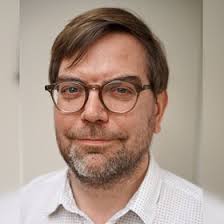 Martin Kaiser
Martin KaiserUK
Martin Kaiser
Professor Martin Kaiser is the Chair of Haematology at the Institute of Cancer Research and a Consultant Haematologist at The Royal Marsden Hospital, London, UK, specialised in the management of multiple myeloma and related precursor conditions.
Professor Kaiser’s key interest is the genetic and immune environment characterisation of multiple myeloma, a cancer of bone marrow plasma cells, with the aim of designing gentler, tailored therapies for patients. A particular focus of his work is high-risk myeloma. His team conducted the OPTIMUM/MUKnine trial, one of the first trials globally to offer innovative diagnostics and tailored therapy for patients with high-risk myeloma, which translated basic research from his team’s work into clinical application.
Professor Kaiser also works on the development of next-generation clinical diagnostics for personalised myeloma patient care, including advanced functional, diffusion-weighted MRI imaging technology with Professor Christina Messiou and mass-spectrometry blood-based activity monitoring.
Professor Kaiser has an interest in regulatory policy. He is member of the European Medicine Agency (EMA) EORTC Cancer Medicines Forum and member of the European Haematology Association (EHA) European Affairs and Clinical Research Committees. He is vice chair of the UK Myeloma Research Alliance (UKMRA), and executive board member of the UK Myeloma Society (UKMS) joining research, policy and advocacy work, to bring the results of academic research closer to patients.
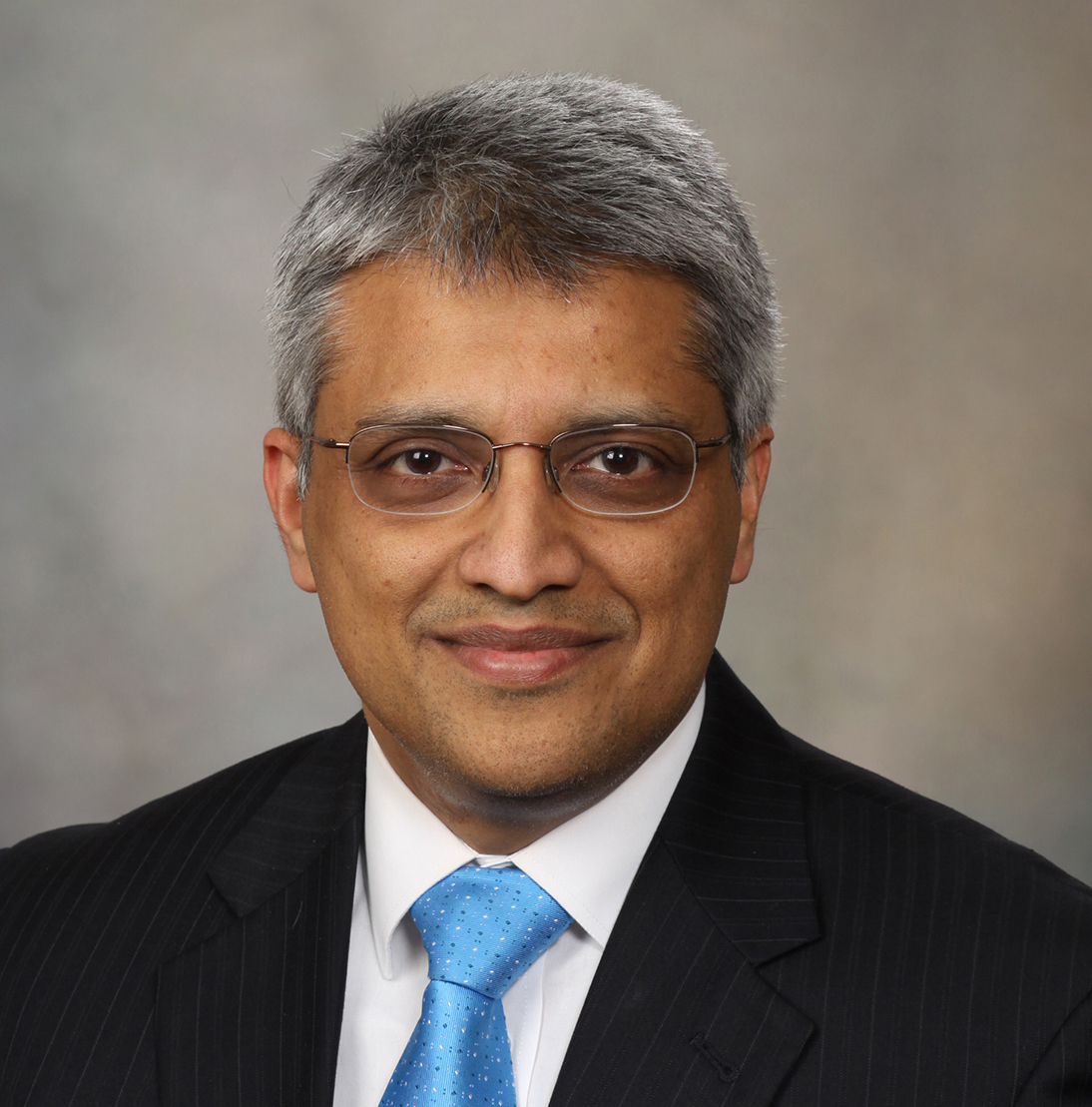 Shaji Kumar
Shaji KumarUSA
Shaji Kumar
Shaji K. Kumar, MD, is Consultant in the Division of Hematology and Mark and Judy Mullins Professor of Hematological Malignancies at Mayo Clinic in Rochester, Minnesota. He is the Chair of the Myeloma, Amyloidosis and Dysproteinemia Disease Group at Mayo Clinic and Research Chair for the Depratment of Medicine. Dr. Kumar received his medical degree from the All India Institute of Medical Sciences in New Delhi, India. His postdoctoral training included a residency in Internal Medicine from the All India Institute of Medical Sciences, followed by an Internal Medicine residency and a hematology/oncology fellowship at the Mayo Graduate School of Medicine in Rochester, Minnesota. Dr. Kumar serves as Co-Chair of the NCI Myeloma Steering Committee and as Chair of the NCCN Multiple Myeloma Guidelines Panel.
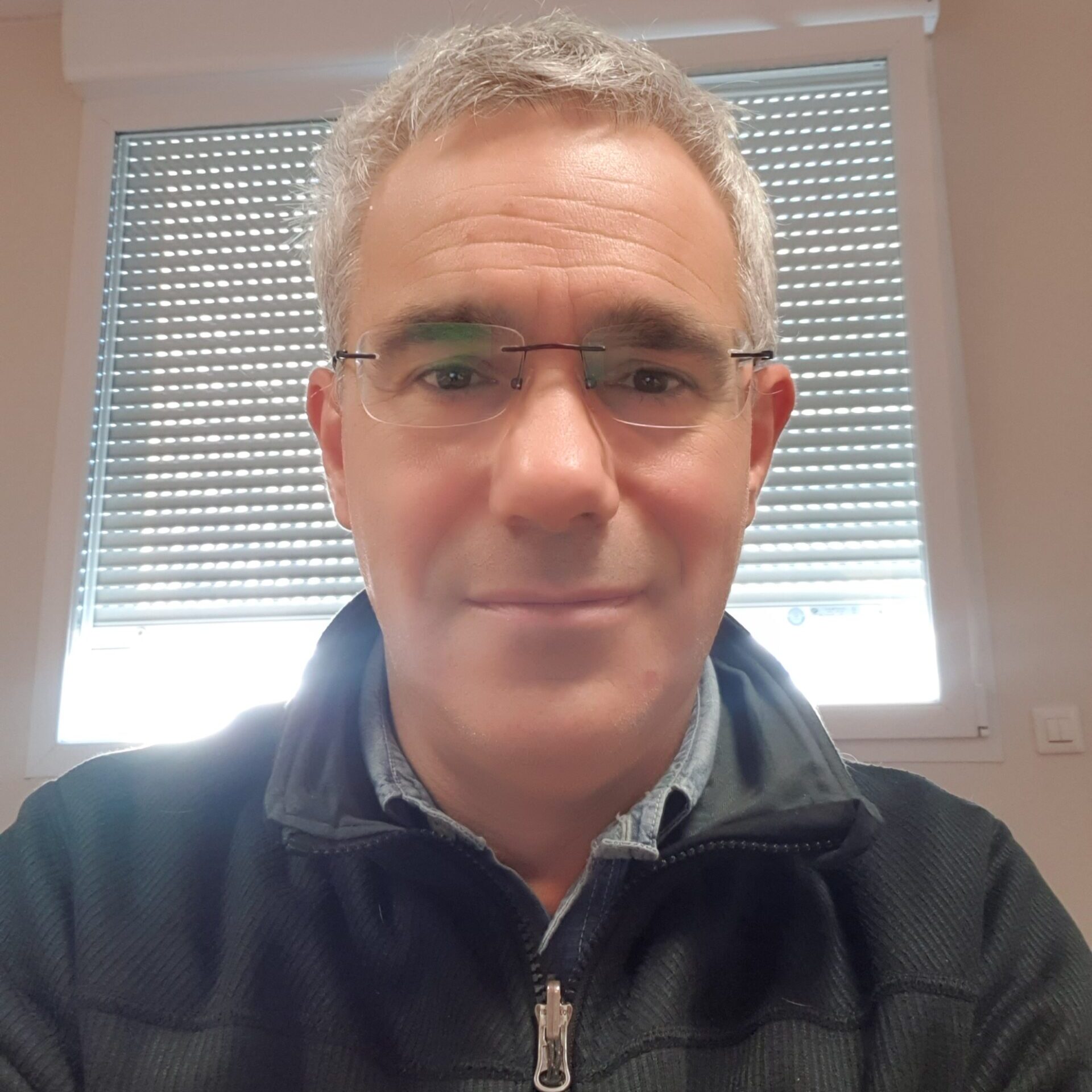 Xavier Leleu
Xavier LeleuFrance
Xavier Leleu
Xavier Leleu is Professor, Head of the Myeloma Clinic and Head of the Department of Haematology at Hôpital La Mileterie . He collaborates closely with the Immunology fundamental lab U Inserm 1313, and heads the Thor axis early phase clinical research team at CIC U Inserm 1082. part of the academic
hospital of Poitiers (Centre Hospitalier Universitaire ), Poitiers, France.
Professor Leleu received his medical degree at the University of Bordeaux, France. He completed his specialisation in public healthcare and statistics at the University of Medicine of Paris, France and in haematology at the University of Medicine of Lille. Professor Leleu was the head of the Myeloma Clinic in Lille under Professor T Facon’s mentorship for almost 15 years. He received a Master’s degree in cellular biology at the University of Medicine of Lille in 2001 and completed his PhD in 2007, having studied at Dana Farber Cancer Institute, affiliated with Harvard Medical School, Boston, MA, USA. His main topic of research was the preclinical development of novel agents and understanding mechanisms of resistance and of dormancy in Waldenström macroglobulinaemia and the clinical
development of novel agents in multiple myeloma in the context of the most recent discoveries in the biology of myeloma. He was trained with his mentors Dr IM Ghobrial and Dr SP Treon in Prof. Kenneth Anderson’s laboratory.
Pr Leleu is a member of the IFM ( Intergroupe Francophone of Multiple Myeloma), the treasurer and member of the board of director.
Professor Leleu’s current research is focused on treatment methods in multiple myeloma, incorporating emerging immunology and immunotherapy approaches to shift the future treatment paradigm to improve patient outcomes. Professor Leleu maintains a special interest in research relating to cure within the multiple myeloma field.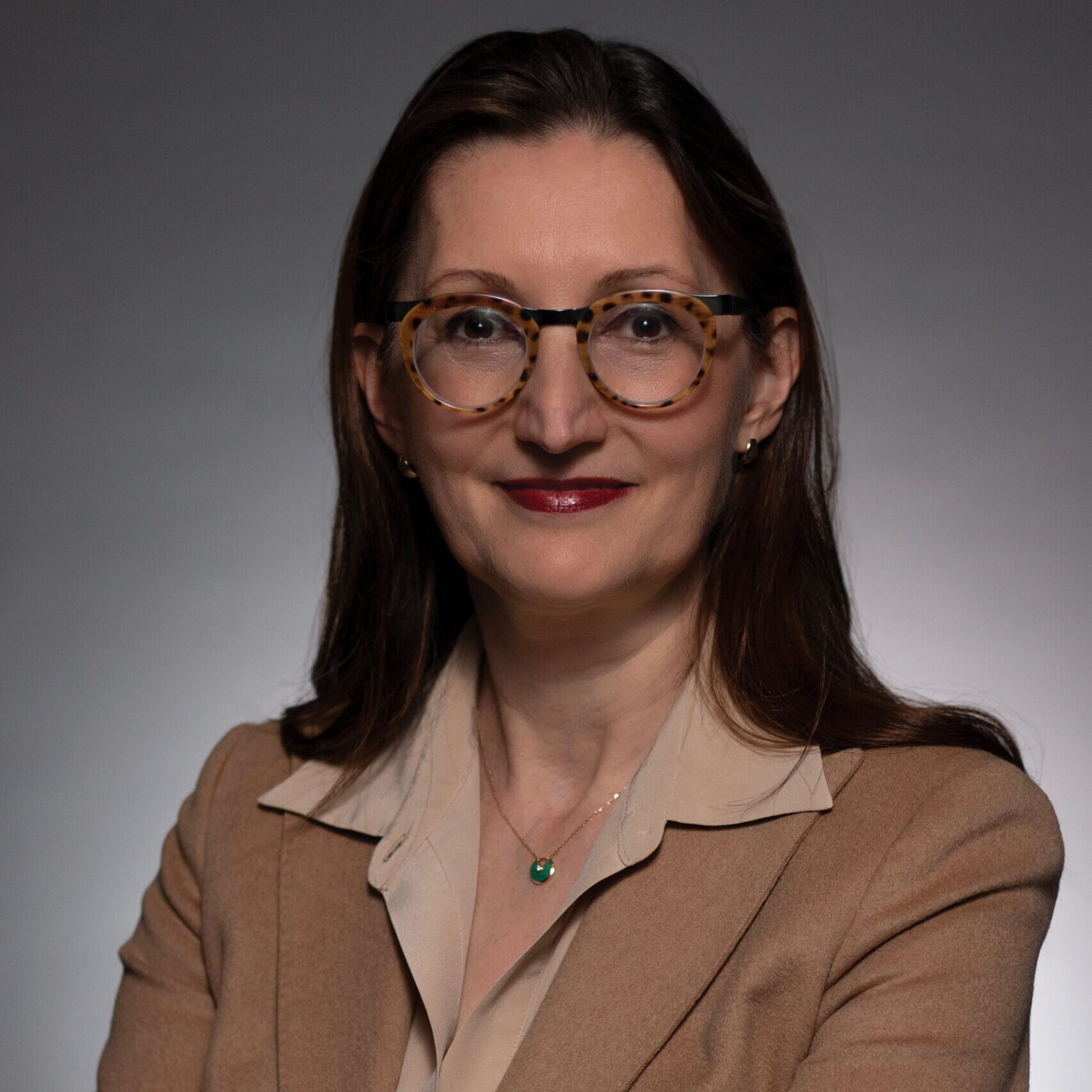 Suzanne Lentzsch
Suzanne LentzschUSA
Suzanne Lentzsch
Dr. Lentzsch is a Professor of Medicine and the Director of the Multiple Myeloma and Amyloidosis Service at the Columbia University Irving Medical Center, New York. Her translational research identifies novel targets for treating MM, MM bone disease, and AL amyloidosis. In a series of multicenter clinical trials, she established bendamustine as a new treatment for relapsed amyloidosis. In an FDA-funded, first-in-human phase 1 trial, she studied the monoclonal antibody 11-1F4 (Cael-101) that targets amyloid fibrils. Based on her work Caelum Biosciences was founded, and Cael-101 is currently being tested in a phase 3 trial.
Dr. Lentzsch is the Co-Chair of the NCI Myeloma Steering Committee, a member of the ASH Scientific Committee for Plasma Cell Neoplasia, the Educational and Steering Committee for the Society of Hematology and Oncology (SOHO), and the SWOG Myeloma Working Group. She co-chairs the Career Development Committee of the International Myeloma Society (IMS). She is Associate Editor for JCO and on the Editorial Board for Blood Cancer Discoveries.
Dr. Lentzsch’s translational research received grant support from the NCI, FDA, Pennsylvania Department of Health, Leukemia and Lymphoma Society, Multiple Myeloma Research Foundation, Cancer Research Institute, Emerson Collect Fund, and International Myeloma Society. Dr. Lentzsch has published over 140 original articles, editorials, and chapters, many as the lead or senior author, in high-impact journals such as JCI, JCO, Blood, Cancer Research, and Leukemia. Sagar Lonial
Sagar LonialUSA
Sagar Lonial
Dr. Sagar Lonial earned his medical degree from the University of Louisville School of Medicine. He completed his internship and residency at Baylor College of Medicine in Houston, Texas, followed by a fellowship in hematology and oncology at Emory University School of Medicine in Atlanta, Georgia. His previous laboratory work has focused on evaluating the impact of purified dendritic cell subsets on the nature of immune responses against antigen, and he has completed several trials evaluating the impact of cytokines on dendritic cell content and post-transplant immune recovery. More recently, Dr. Lonial has focused on combinations of novel agents as therapy for myeloma
He serves as Vice Chair of the Myeloma Committee in the Eastern Cooperative Oncology Group and as Myeloma editor for Clinical Lymphoma, Myeloma and Leukemia. He has received the Celgene Young Investigator Award , Indo American Cancer Association (IACA) Life Time Achievement Award, the COMY Multiple Myeloma Excellence Award for Clinical Science, and the Giants of Cancer Care inductee, and currently holds the Anne and Bernard Gray Family Chair in Cancer.
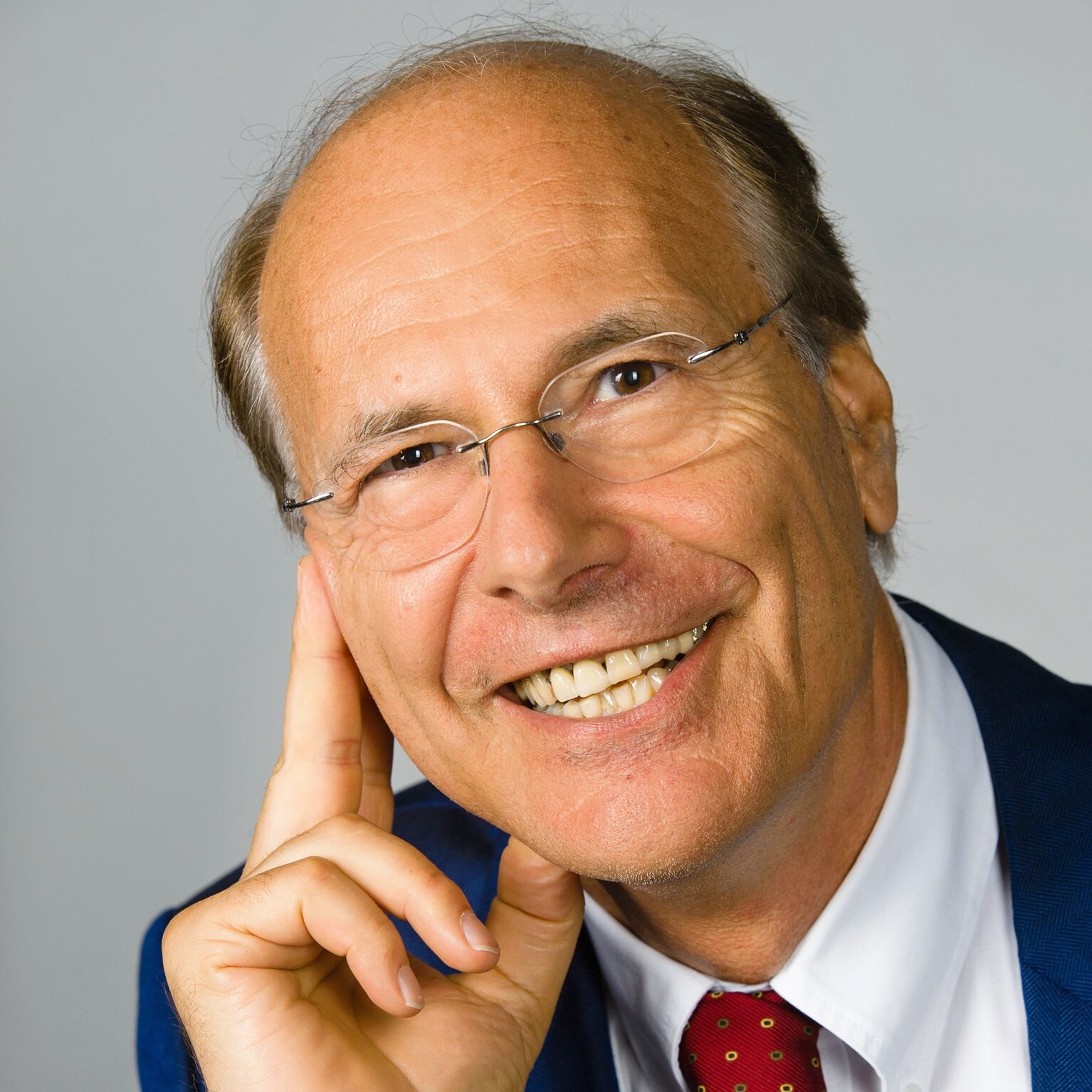 Heinz Ludwig
Heinz LudwigAustria
Heinz Ludwig
Dr. Heinz Ludwig is Professor of internal medicine and hematology and medical oncology and chair of the Wilhelminen Cancer Research Institute at the Department of Medicine I, Centre for Oncology and Haematology, Clinic Ottakring, Vienna, Austria. Professor Ludwig’s research interests focus on hematology and medical oncology and in particular on multiple myeloma and related disorders. Another major research area relates to the pathophysiology and treatment of cancer-associated anemia. Professor Ludwig has a strong interest in improving the quality of cancer care by promoting medical training and research, empowering patients, improving patient information and alerting society to patients’ needs.
Professor Ludwig has published a large number of scientific manuscripts in prestigious medical journals and serves as peer reviewer of several international journals. Professor Ludwig has chaired and/or organized many scientific meetings and runs the European Multiple Myeloma Academy (EMMA)-Vienna meeting series. He has served as president of the European Society for Medical Oncology (ESMO), has been a member of the International board of ASCO and is the founder of the ESMO Foundation. Professor Ludwig is board member of the Inter- national Myeloma Foundation and the European Myeloma Network, as well as a member of the IMWG. In recognition of his influential work, he was the recipient of the Fifth Annual Robert A. Kyle Lifetime Achievement Award.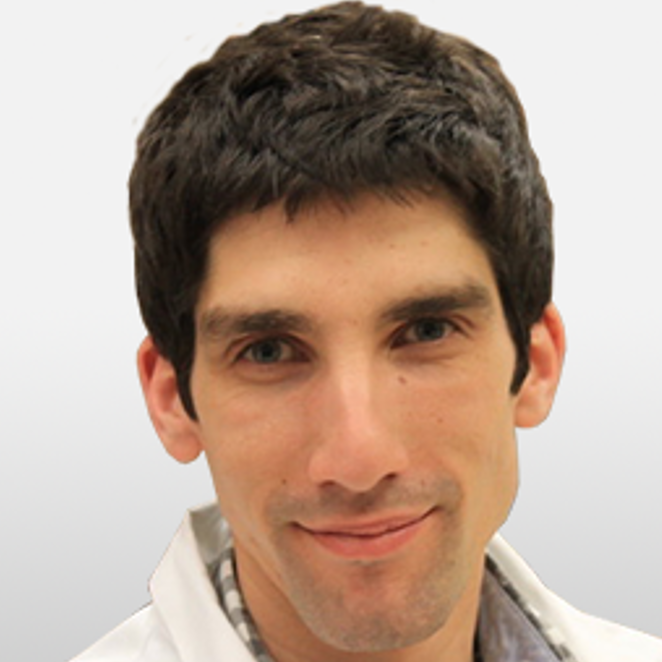 Salomon Manier
Salomon ManierFrance
Salomon Manier
Salomon MANIER, MD, PhD, is a Professor of Hematology at Lille University Hospital in France. He studied medicine and completed his PhD at the University of Lille. During his 4 years research training at Dana-Farber Cancer Institute in Boston, he was appointed Instructor in Medicine at Harvard Medical School. He became an Instructor in the department of Hematological Malignancies at Lille University Hospital in 2017, an Associate Professor in 2019 and a Professor of Hematology in 2022. He is a Principal Investigator of a myeloma research team at INSERM UMR-S1277 and CNRS UMR9020.
 Thomas Martin
Thomas MartinUSA
Thomas Martin
A leading expert in hematology-oncology, Dr. Thomas Martin is associate director of UCSF’s myeloma program and director of the unrelated donor transplantation programs for adults at UCSF Medical Center.
Martin is clinical research director of hematologic malignancies (blood cancers) at the UCSF Helen Diller Family Comprehensive Cancer Center. His research interests include developing treatments for myeloma and leukemia as well as expanding the use of bone marrow transplants. He has a special interest in umbilical cord blood transplants, and he is involved in efforts to improve outcomes for patients who have transplants from unrelated donors.
Martin earned an undergraduate degree at Cornell University and his medical degree at the University of Connecticut School of Medicine. After a medical residency at Harbor-UCLA Medical Center, he completed a fellowship in hematology-oncology at UCSF. In 1999, he joined MD Anderson Cancer Center as an assistant professor of medicine. In 2001, he returned to UCSF.
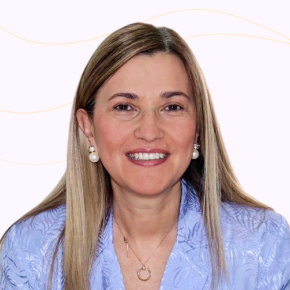 María-Victoria Mateos
María-Victoria MateosSpain
María-Victoria Mateos
Dr. María-Victoria Mateos, MD, PhD, is Consultant Physician in the Haematology Department and Associate Professor of Medicine at the University of Salamanca, Spain. She is the director of the Myeloma Program and coordinates the Clinical Trials Unit in Salamanca’s University Hospital Haematology Department.
She serves as coordinator of GEM (Spanish Myeloma Group), with direct involvement in the design and development of clinical trials. She has coordinated many clinical trials especially in the smouldering myeloma setting and these trials have profoundly influenced current options for the management of these patient populations.
She has published over 250 original papers in international journals and her articles had received 29.452 citations (19268 since 2015) with a H index of 79 and 60 since 2015.
She is also a member of the IMWG (International MM Working Group), IMS (International MM Society), EHA and ASH. Among her invited presentations, she has contributed to the educational sessions of EHA 2012, ASH 2013, ASCO 2015, EHA 2016, ASCO and ASH 2017.
She has served on the ASH Scientific Committee on plasma cell diseases between 2015-2019 and on the EHA’s Scientific Program Committee and Advisory Board since 2013 until 2020 being chair of the Scientific Program Committee in 2019, and.
She has been Councillor on the EHA Board since 2015 for a four-year mandate, member of the Steering Committee for the Society of Hematologic Oncology (SOHO), member of the IMS board and member of the European School of Haematology (ESH) Scientific committee. She received the Briand Durie Award in 2019 recognizing excellence in myeloma research.
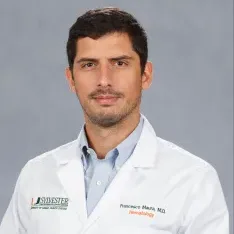 Francesco Maura
Francesco MauraUSA
Francesco Maura
Dr. Maura currently works at Memorial Sloan Kettering Cancer Center in New York. He is a physician-scientist who received his medical training at the University of Milan and pursued advanced research training at the Wellcome Sanger Institute in the United Kingdom. In 2019, he relocated to the United States, where he and his lab have focused on advancing the understanding of multiple myeloma genomics. His research leverages single cell and bulk RNA and whole-genome sequencing to define individualized risk profiles for patients with multiple myeloma and its precursor conditions, aiming to improve clinical outcomes through precision medicine.
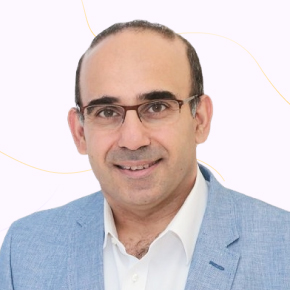 Mohamad Mohty
Mohamad MohtyFrance
Mohamad Mohty
Dr Mohamad Mohty is a full Professor of Hematology and head of the Hematology and Cellular Therapy Department at the Saint-Antoine Hospital and Sorbonne University in Paris, France. He obtained his medical degree from the University of Montpellier, France, and PhD from the University of Marseille, France. He is also head of a translational research team (Inserm) at the Saint-Antoine Research Centre in Paris.
Dr Mohty is the past president of the European Society for Blood and Marrow Transplantation (EBMT), and past chairman of the Acute Leukemia Working Party of the EBMT . He is also the founder and current chairman of the International Academy for Clinical Hematology (IACH) and board member of the IntergroupeFrancophone du Myelome(IFM). Dr Mohty is also a fellow of the French National Academy of Medicine.
In addition to publishing more than 1000 peer-reviewed articles in the field of stem cell transplantation, leukemia, and myeloma, Dr Mohty also serves as Editor-in-Chief of the journals Bone Marrow Transplantation andClinical Hematology International. He also serves as an editor, board member, and/or reviewer across numerous other reputable journals.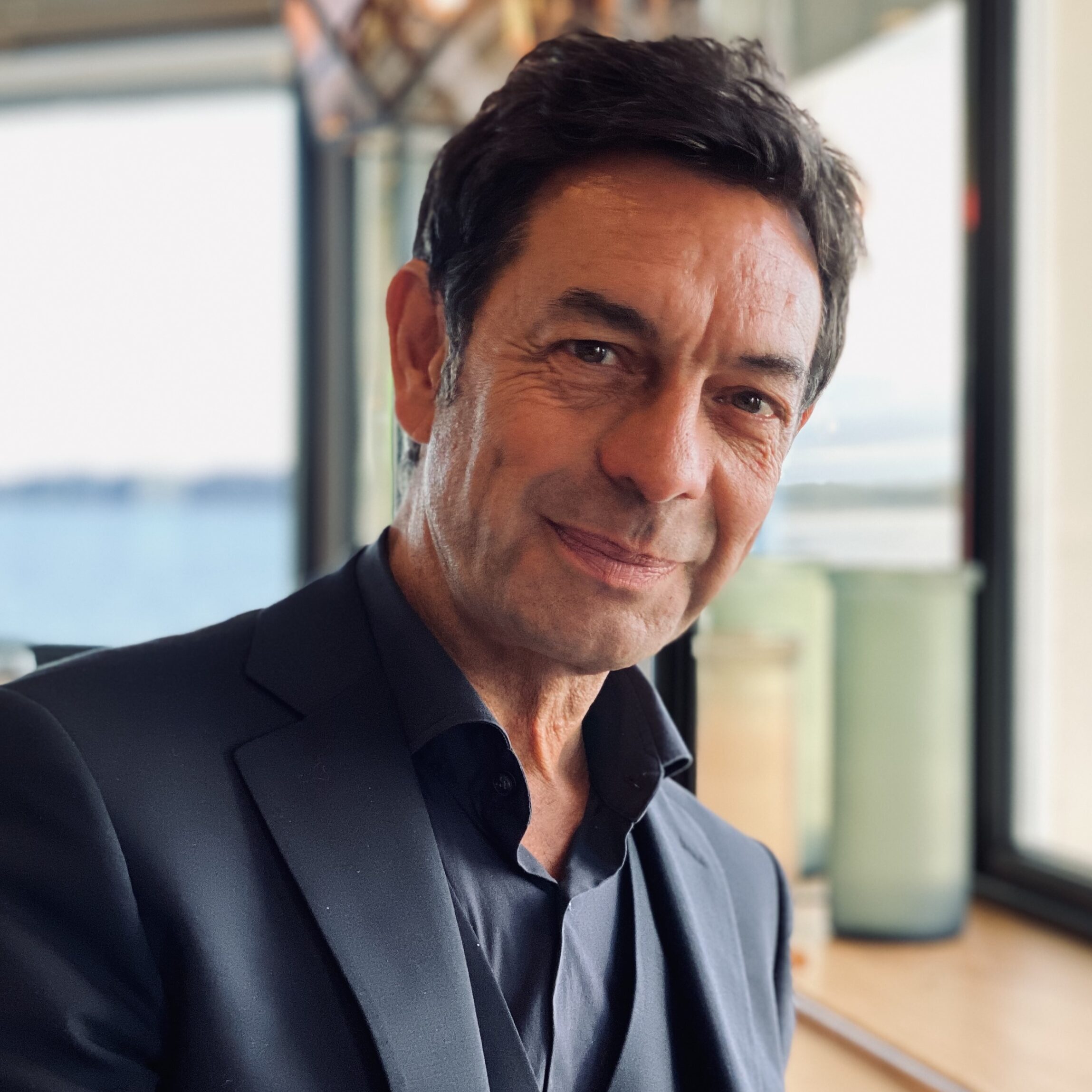 Philippe Moreau
Philippe MoreauFrance
Philippe Moreau
Philippe Moreau, MD, PhD, serves as Professor of Clinical Hematology at the University Hospital of Nantes at the Medical University of Nantes in France.
Professor Moreau is a member of the administration council of the Intergroupe Francophone du Myélome (IFM) which he chaired from 2006 through 2009. He is also a member of the International Myeloma Working Group (IMWF). Professor Moreau’s clinical interests are focused on multiple myeloma and its treatment with high-dose therapy and novel agents. He has served as the principal investigator of many international randomized phase 3 clinical trials and his research is widely published.
Professor Moreau has authored or coauthored more than 500 peer-reviewed articles that have appeared in high impact factor journals including the New England Journal of Medicine, Journal of Clinical Oncology, The Lancet Oncology, and Blood. He is a member of the editorial boards of the Journal of Clinical Oncology, Blood, and Blood Cancer Journal and is frequently invited to speak at international hematologic oncology meetings.
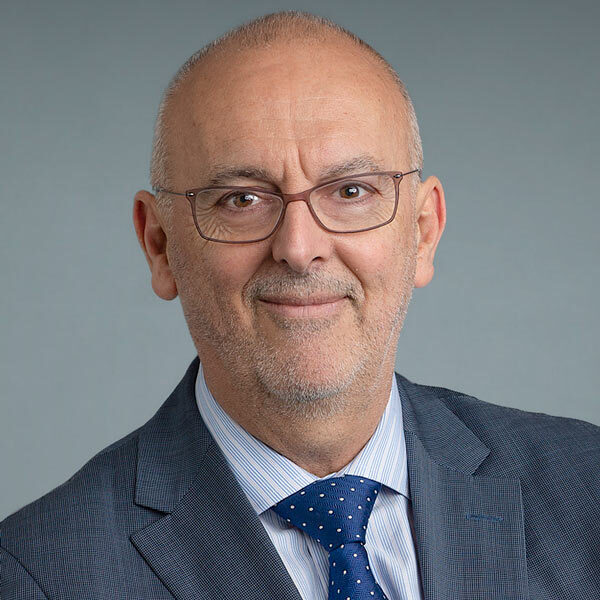 Gareth Morgan
Gareth MorganUSA
Gareth Morgan
Dr. Gareth Morgan is a Professor of Medicine at NYU s Grossman School of Medicine whose research focus has been on characterizing the myeloma genome to identify disease drivers and predisposition loci. Following initial work focused on developing the polymerase chain reaction for clinical application in chronic myeloid leukemia and lymphoproliferative diseases pioneering the fields of clonality testing and minimal residual disease monitoring he shifted his attention to studying the genome of multiple myeloma. He was the first to describe the presence of intra-clonal heterogeneity in myeloma providing evidence for a Darwinian-based model of disease progression and for the generation of refractory disease based on branching evolutionary patterns. He developed this model further, successfully describing the molecular lesions and
mutational signatures underlying the transition from benign monoclonal gammopathy of undetermined significance through smoldering myeloma and newly diagnosed myeloma to plasma cell leukemia. This work has fundamentally changed ou understandings and classification of myeloma and its precursor conditions as well as the approach to treatment bringing the field to a more personalized approach. He has carried out a number of large GWAS analyses together with international collaborators including British, German and Swedish groups to define the genetic loci and signatures associated with the risk of developing myelom and their relevance to the excess risk seen in African Americans. He has developed and been PI on a number of large Phase III studies in that have set the current standard of care for myeloma treatment in both younger and
older patients. He has mentored 35 investigators in the past 15 years, of whom 14 have gone on to careers as clinical investigators.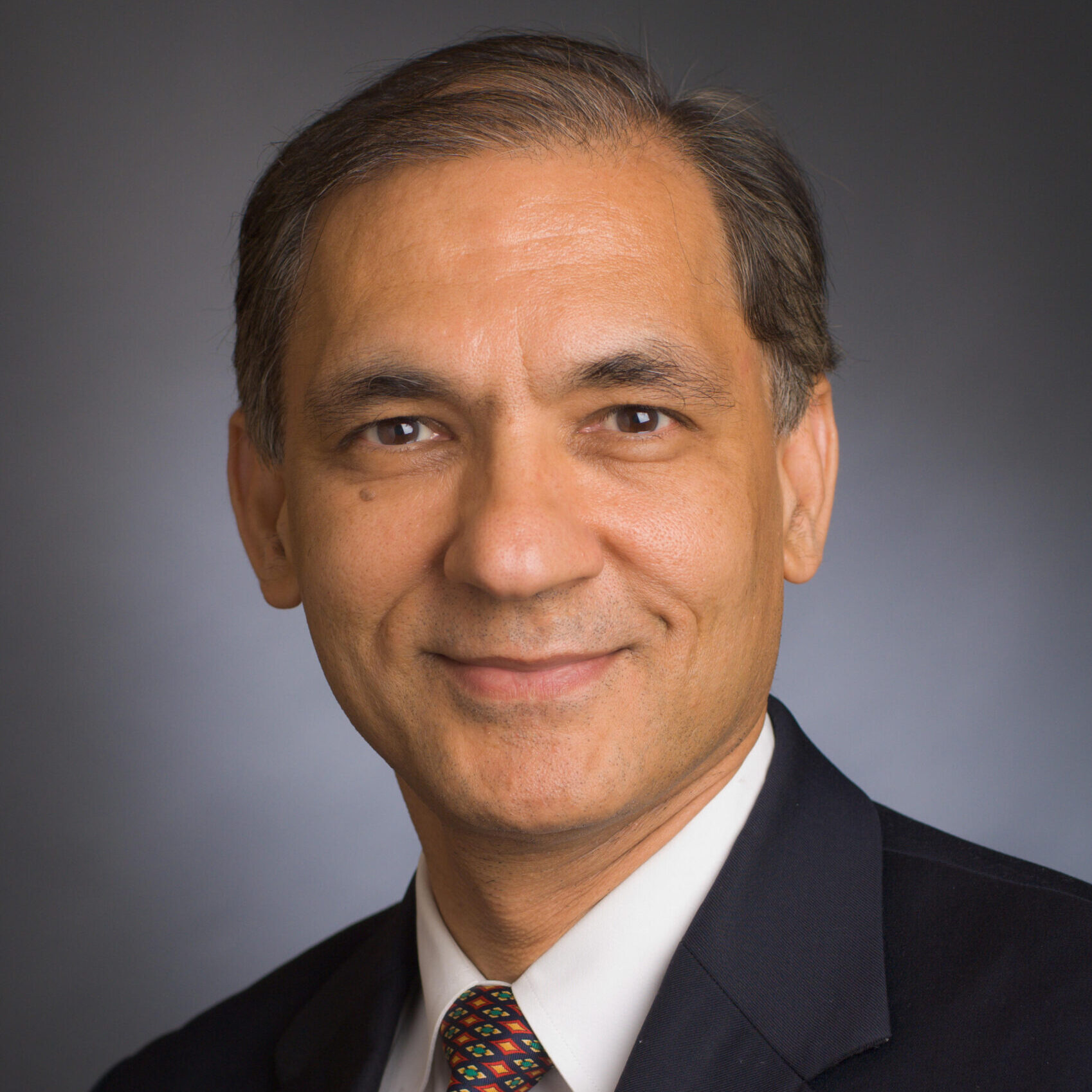 Nikhil Munshi
Nikhil MunshiUSA
Nikhil Munshi
Nikhil C. Munshi, MD, is the Kraft Family Chair and Professor of Medicine at Harvard Medical School, Boston, MA, USA, and the director of basic and correlative science, and associate director of the Jerome Lipper Myeloma Center at the Dana-Farber Cancer Institute, in Boston. He is also an attending physician at the Brigham and Women’s Hospital, Harvard Medical School. Professor Munshi studied medicine at the S.S.G. Hospital and M.S. University, in Baroda, India, before completing fellowships in oncology at the Johns Hopkins Oncology Center, Baltimore, MD, USA, and the Indiana University Medical Center, Indianapolis, IN, USA.
Dr. Munshi’s research focus spans both basic sciences to understand genomic changes in myeloma and elucidate molecular mechanisms driving the genomic instability in cancer, to translational approaches directed at improving diagnosis and prognosis as well as therapeutics. His current research activities are centered on integrative oncogenomics in myeloma and developing novel targeted therapeutics including novel antigen-directed and immune effector cell therapy/vaccine approaches.
Professor Munshi is president of the International Myeloma Society. He has received several prestigious awards and has published widely on multiple myeloma.
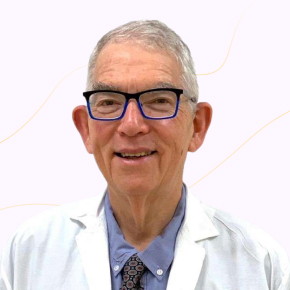 Arnon Nagler
Arnon NaglerIsrael
Arnon Nagler
Professor Arnon Nagler, MD, MSc
Chaim Sheba Medical Center, Israel- Director of the Division of Hematology, Chaim Sheba Medical Center, Israel
- Director of Bone Marrow transplantation and Cord Blood Bank, Chaim Sheba Medical Center, Israel
- Professor of Medicine at the Tel Aviv University, Tel Aviv, Israel
- One of the pioneers of the non-myeloablative and reduced intensity/toxicity allogeneic transplantations for both malignant and non-malignant disorders (Blood 1998)
- Established the first public cord blood bank and performed the first cord blood transplanataion in Israel
- Leader of the Alternative donor subcommittee of the ALWP of the EBMT from 2008-2010
- Leader of the RIC subcommittee of the ALWP of the EBMT – since 2010
- Serves on the Editorial Board of several BMT and Hematology Journals and is a Section Editor for Leukemia
- Chair of the Acute Leukemia Working Party (ALWP) of the EBMT
Dr Nagler received his medical training at the Hebrew University-Hadassah Medical School, Jerusalem, Israel; he then carried out a Postdoctoral research fellowship in hematology and bone marrow transplantation at “Stanford University Hospital” Palo Alto, CA, in the USA, from 1986 to 1990.
Dr Nagler serves on the Board of Directors of Netcord organization of cord blood banks and was the Netcord Threasurer from 2010-2013.
Dr Nagler has received several awards including the best scientific abstract award of the ASBMT/CIBMR Tandem meeting (2004) and the best clinical abstract award of the NMDP Council Meeting (2004). In addition, Dr Nagler is a popular speaker and has made numerous, invited, international presentations and many Oral presentations on almost annual basis in all international transplantation and hematology meetings – ASH,ASBMT/CIBMTR, EBMT, EHA, Exp Hematology (including a presentation at the presidential symposium) and invited presentation at the Gordon conference (Boston USA). Paola Neri
Paola NeriCanada
Paola Neri
Dr. Paola Neri, MD, PhD is an Associate Professor of Medicine, attending physician in the Hematology division at University of Calgary and member of the Arnie Charbonneau Cancer Institute. Since January 2019 she is the Scientific Director of the Precision Oncology Hub, Translational Research Laboratory, at the Tom Baker Cancer Centre (TBCC) in Calgary.
Dr. Neri received her medical degree at Magna Græcia University, Catanzaro, Italy in 2000. She completed her specialty in Medical Oncology at Magna Græcia University, Catanzaro, Italy in 2005 and received a PhD in Molecular Oncology and Experimental Immunology in 2011. From 2003-2006 she was Research Associate at Dana-Farber Cancer Institute, Harvard Medical School, Boston, USA under the mentorship of Dr. Kenneth Anderson. In June 2008, she joined the University of Calgary.
The main focus of her research is the study of multiple myeloma (MM) with a particular interest in drug development and genomic studies with the goal of discovering novel therapeutic targets for this incurable disease. As such she has investigated the genome signature associated with MM cell response or resistance to anti-MM agents to identify druggable therapeutic targets in MM and new biomarkers of response to novel agents.
Dr. Neri is well published in the field and received national and international grants from several agencies including International Myeloma Society, Leukemia and Lymphoma Society, Multiple Myeloma Research Foundation and Canadian Institute of Health Research (CIHR). In 2021 she was selected by the International Myeloma Society to receive the Ken Anderson Young Investigator Award for her significant translational work in multiple myeloma.
She is currently member of the American Society of Hematology and the scientific board of Myeloma Canada, very active both in preclinical and clinical trial research in Myeloma.
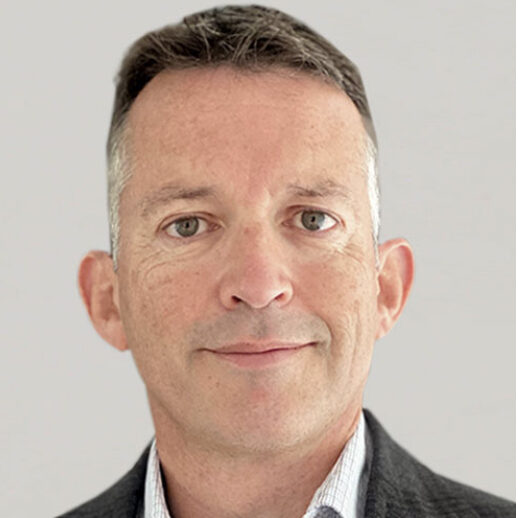 Michael O'Dwyer
Michael O'DwyerIreland
Michael O'Dwyer
Michael O’Dwyer is a graduate of University of Galway. Following initial training in Ireland he completed a Hematology and Oncology Fellowship at Oregon Health Sciences University, Portland Oregon. Since 2006 he has been Professor of Hematology at University of Galway, Ireland. His research interests include the immune microenvironment, understanding the role of glycosylation in disease progression in Multiple Myeloma and development of new NK cell based immune approaches.
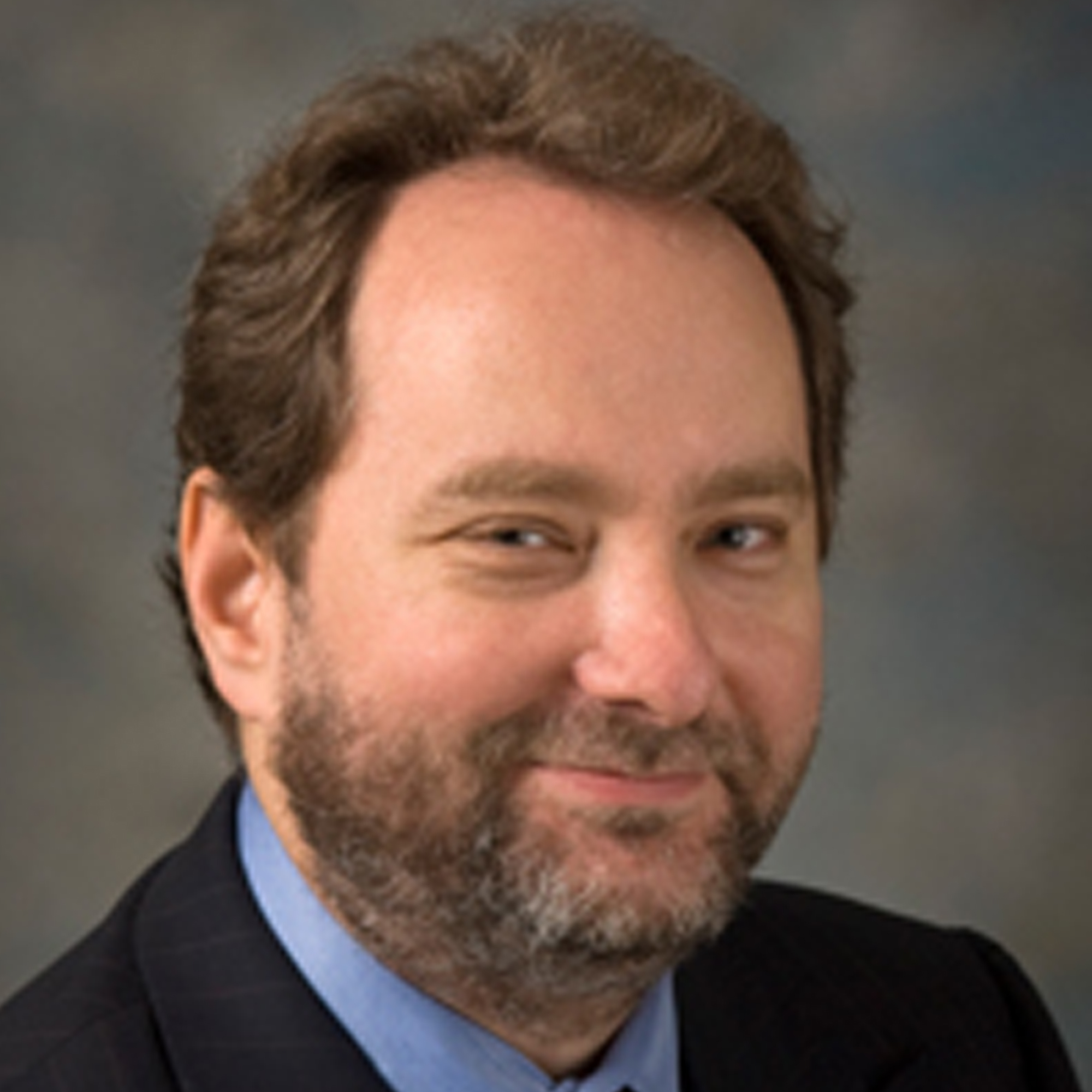 Robert Orlowski
Robert OrlowskiUSA
Robert Orlowski
Dr. Robert Z. Orlowski holds the Florence Maude Thomas Cancer Research Professorship in the Department of Lymphoma/Myeloma, and also of Experimental Therapeutics, and serves as the Deputy Chair of the Department and Vice Chair for Myeloma Research at The University of Texas MD Anderson Cancer Center. In the laboratory arena, his focus is on identifying novel pathways and genes that contribute to myelomagenesis, validating novel therapies targeting these pathways, and understanding mechanisms of drug action and resistance. In the clinical arena, Dr. Orlowski has been among the leaders in translating novel laboratory findings into the clinic, and advancing the use of both small molecules and immunotherapies to improve patient outcomes and bring us closer to a cure for myeloma.
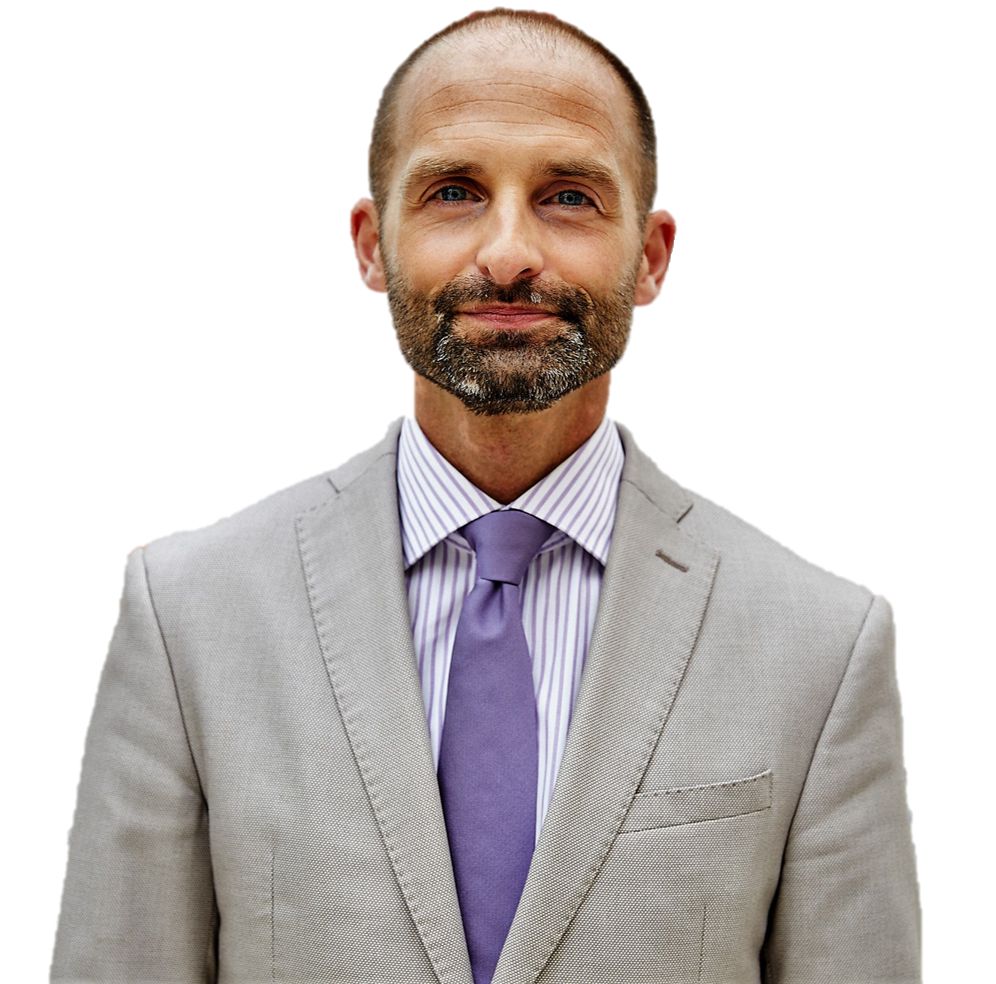 Bruno Paiva
Bruno PaivaSpain
Bruno Paiva
Dr Bruno Paiva, PharmD, PhD, is a research fellow of the Department of Hematology at the Clinica and CIMA Universidad de Navarra, Pamplona, Spain. He is the Director of the Flow Cytometry Core of Co-Director of the Myeloma Research Laboratory.
Dr Paiva’s main area of expertise is the multidimensional flow cytometry analysis of hematological malignancies. His research focuses on immunogenomics to improve differential diagnosis, risk stratification, and monitoring of patients with monoclonal gammopathies and myeloid malignancies. He is an author or co-author of hundreds of publications in peer-reviewed journals and has been recognized with numerous awards.
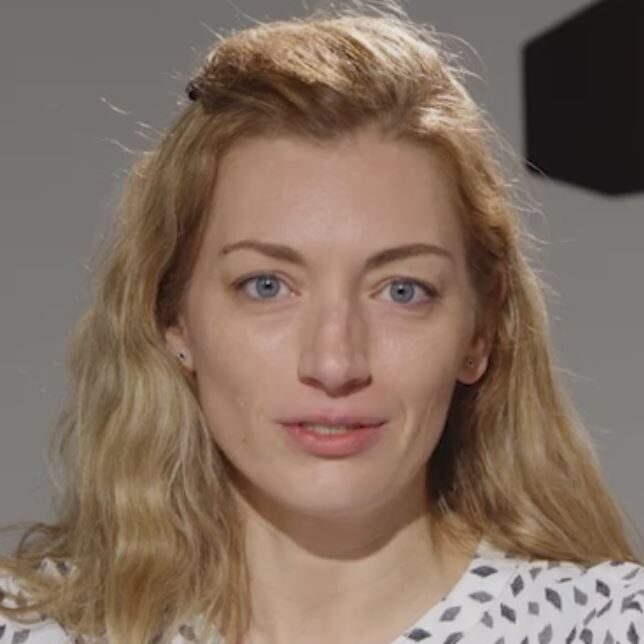 Aurore Perrot
Aurore PerrotFrance
Aurore Perrot
Aurore Perrot is Professor of Hematology and is working in Toulouse in France. She is specialized in multiple myeloma field and member of the executive board of the Intergroupe Francophone du Myélome IFM. She is particularly involved in transplant-eligible newly diagnosed myeloma clinical trials and in real-world evidence studies.
- Rakesh Popat
UK
Rakesh Popat
Dr Rakesh Popat is an Associate Professor at University College London and Consultant Haematologist at University College London Hospitals with an interest in multiple myeloma.
He graduated from Guy’s and St. Thomas’ Medical School in London and trained in haematology at St. Bartholomew’s and the Royal London Hospitals. During this time he completed a PhD in novel treatments for myeloma and was awarded a fellowship to attend the Dana Farber Cancer Institute, Boston USA as part of this.
He has particular experience with novel treatments including immunotherapies such as CAR-T cell therapy and new antibody approaches. At University College Hospital, he leads the myeloma clinical trials programme and is the Cancer lead at the NIHR UCLH Clinical Research Facility. Regionally, he is the NIHR North Thames Clinical Research Network Haematolo-Oncology Lead.
Dr Popat is the Chair of the UK Myeloma Research Alliance, NCRI Myeloma working group, is on the executive board of the UK Myeloma Forum, and the young board of the European Myeloma Network. He is the Chief Investigator for a number of relapsed myeloma studies and the Principal Investigator for the NIHR Health Informatics Collaborative Myeloma Theme.
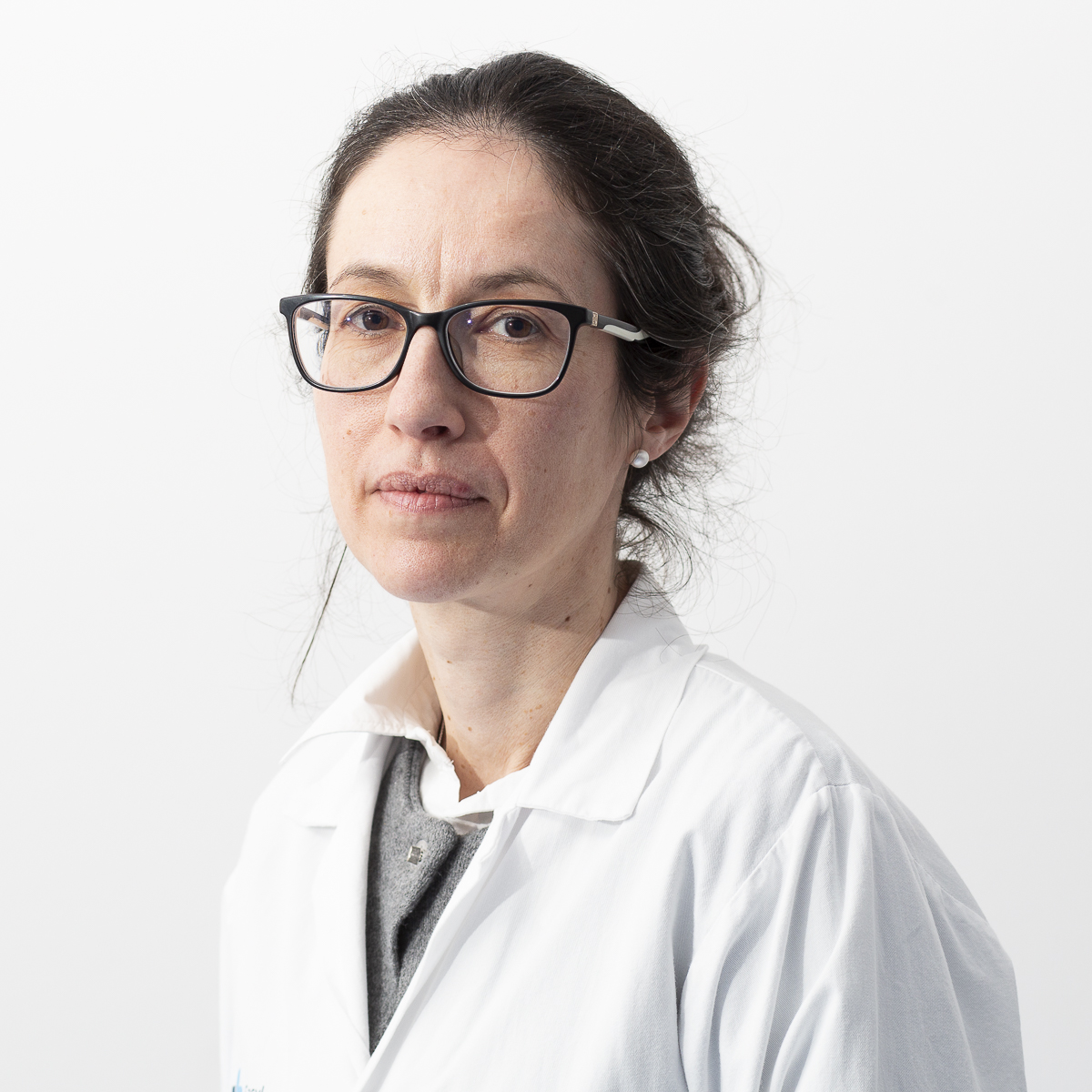 Noemi Puig
Noemi PuigSpain
Noemi Puig
Noemi Puig, MD, PhD earned her medical degree from the Universidad Complutense in Madrid and she completed her residency in Internal Medicine and Hematology at the University Hospital La Fe in Valencia, Spain. She completed a 3-year fellowship in Lymphoma, Myeloma and Autologous Stem Cell Transplantation at the Princess Margaret Hospital in the University of Toronto, in Toronto, Canada. She earned a doctoral degree at the Medicine Department of the University of Salamanca, in Spain, with a thesis entitled “Optimization and Critical Analysis of Minimal Residual Disease Monitoring with ASO RQ-PCR in Patients with Multiple Myeloma and Comparison with Multiparameter Flow Cytometry”. Dr. Puig currently serves as a Consultant Physician at the Hematology Department in the University Hospital of Salamanca. She also works in the Flow Cytometry Laboratory of the University Hospital of Salamanca, where she is responsible for the studies developed by the Spanish Myeloma Group.
Dr. Puig is a member of the Programa para el Estudio de la Terapéutica en Hemopatías Malignas (PETHEMA) and the Spanish Myeloma Group (GEM) as well as of the EuroFlow Group.
Dr. Puig´s main research interests include the role of multiparameter flow cytometry and of mass spectrometry in diagnosis, risk stratification and minimal residual disease monitoring in patients with monoclonal gammopathies. She is an author or co-author in several research articles, reviews and book chapters.
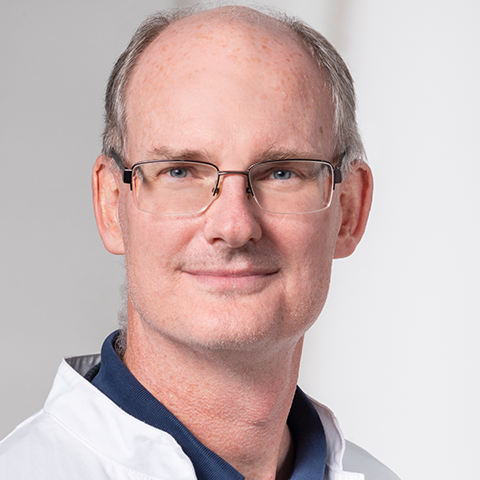 Marc Raab
Marc RaabGermany
Marc Raab
Marc S. Raab is a physician-scientist and Professor of Medicine at the Heidelberg University Medical Center (HUMC) and a Group Leader at the German Cancer Research Center (DKFZ). He trained in internal medicine and then specialized in hematology/oncology before spending more than three years as a postdoctoral fellow at the Dana-Farber Cancer Institute, Harvard Medical School, in Boston. He returned to Heidelberg as an attending physician in 2008 and his main research focus is on translational research and early clinical trials. In 2010, he was appointed head of the Max-Eder Unit – ‘Experimental Therapies for Hematologic Malignancies’ – at the German Cancer Research Center (DKFZ), which became the Translational Myeloma Research Group at DKFZ in 2018. He served also Clinical Director of the Multiple Myeloma Center in Heidelberg and Head of the associated early clinical trial program. In 2022, he was appointed as Director of the Heidelberg Myeloma Center at HUMC. He also serves as the Vice-Chair of the Board of Directors of the GMMG- study group.
His current scientific focus is on exploring new avenues for targeted therapies, resistance mechanisms in refractory myeloma and understanding the immune microenvironment and its impact on novel antibody- and cell-based immunotherapies to facilitate personalized treatment approaches for patients in need.![raje photo[31]](https://comy.cme-congresses.com/wp-content/uploads/2025/01/raje-photo31-scaled-e1736339939199.jpg) Noopur Raje
Noopur RajeUSA
Noopur Raje
Noopur S. Raje, MD, is Professor of Medicine at Harvard Medical School, the director of the Center for Multiple Myeloma, and the Rita Kelley Chair in Oncology at Massachusetts General Hospital Cancer Center in Boston, MA, USA. She studied medicine at B.J. Medical College, Pune University, India, and trained in internal medicine at Massachusetts General Hospital. This was followed by a fellowship in hematology/oncology at the Dana-Farber Cancer Institute, Boston.
Dr. Raje’s research focuses primarily on developing novel therapeutic strategies for the treatment of multiple myeloma and related plasma cell disorders. Her laboratory efforts are aimed at identifying cellular signaling pathways that contribute to the survival and proliferation of myeloma cells in the bone environment. Stemming from these studies, she has developed and led clinical trials to specifically harness these pathways. Her expertise in cellular therapies has led to FDA approval of the first in class CAR T cell product, Ide-cel in myeloma. Her work related to myeloma bone disease has resulted in FDA approval of the first in class RANK ligand antibody, denosumab.
Professor Raje is co-chair of the National Cancer Institute Myeloma Steering Committee, co-chair of the Educationa Committee of the International Myeloma Society, a member of the International Myeloma Working Group, and serves on educational committees for ASCO and ASH. She has received several awards and has published widely on multiple myeloma.
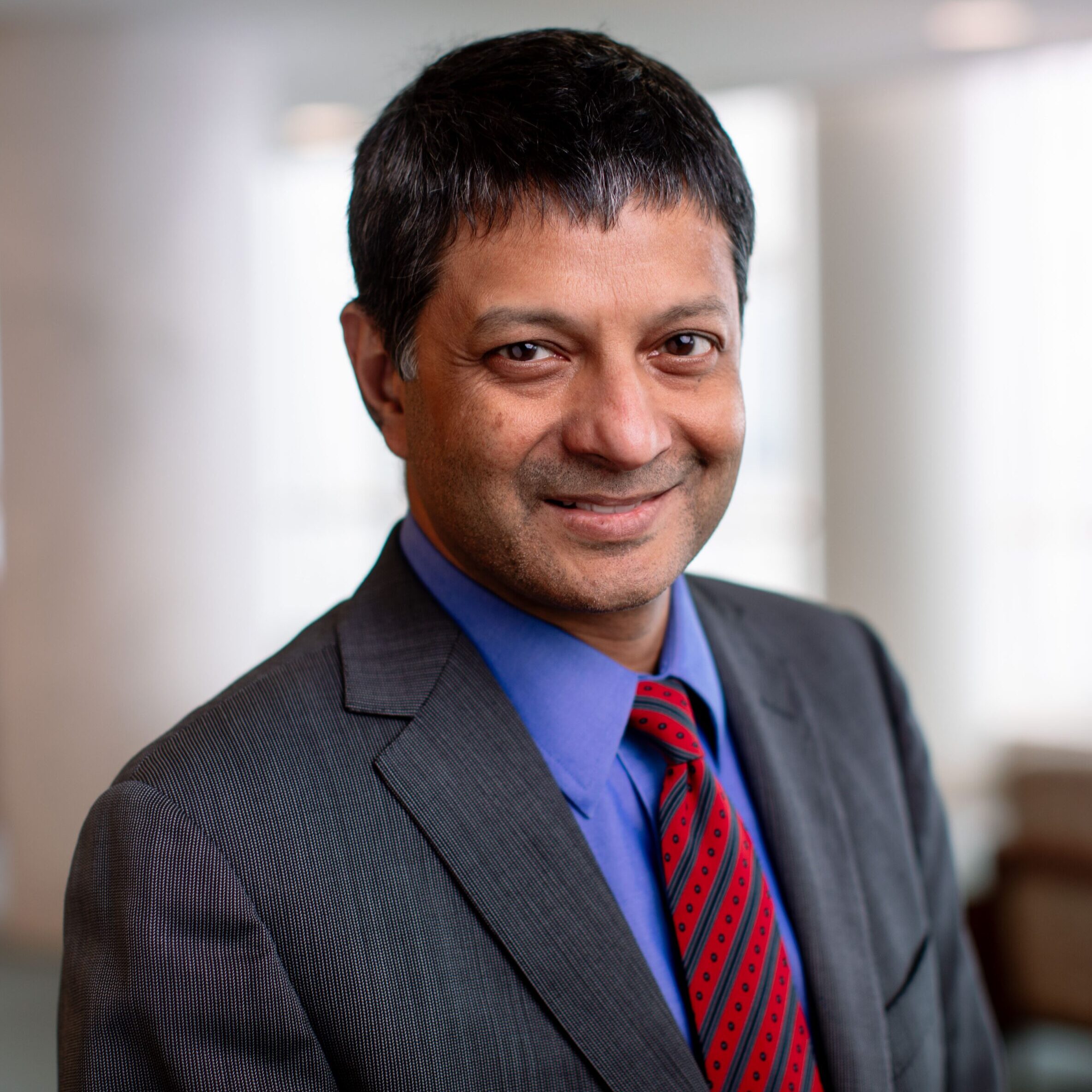 Vincent Rajkumar
Vincent RajkumarUSA
Vincent Rajkumar
Vincent Rajkumar, M.D., is the Editor in Chief of Blood Cancer Journal, and the Edward W. and Betty Knight Scripps Professor of Medicine, Mayo Clinic, Rochester, Minnesota. He is co-chair of the International Myeloma Working Group (IMWG), and Chair of the Eastern Cooperative Oncology Group (ECOG) myeloma committee. Dr. Rajkumar has received several awards including the Giants of Cancer Care Award (2019) from OncLive, and has over 700 publications, including over 400 peer-reviewed original research papers, and over 200 reviews and book chapters.
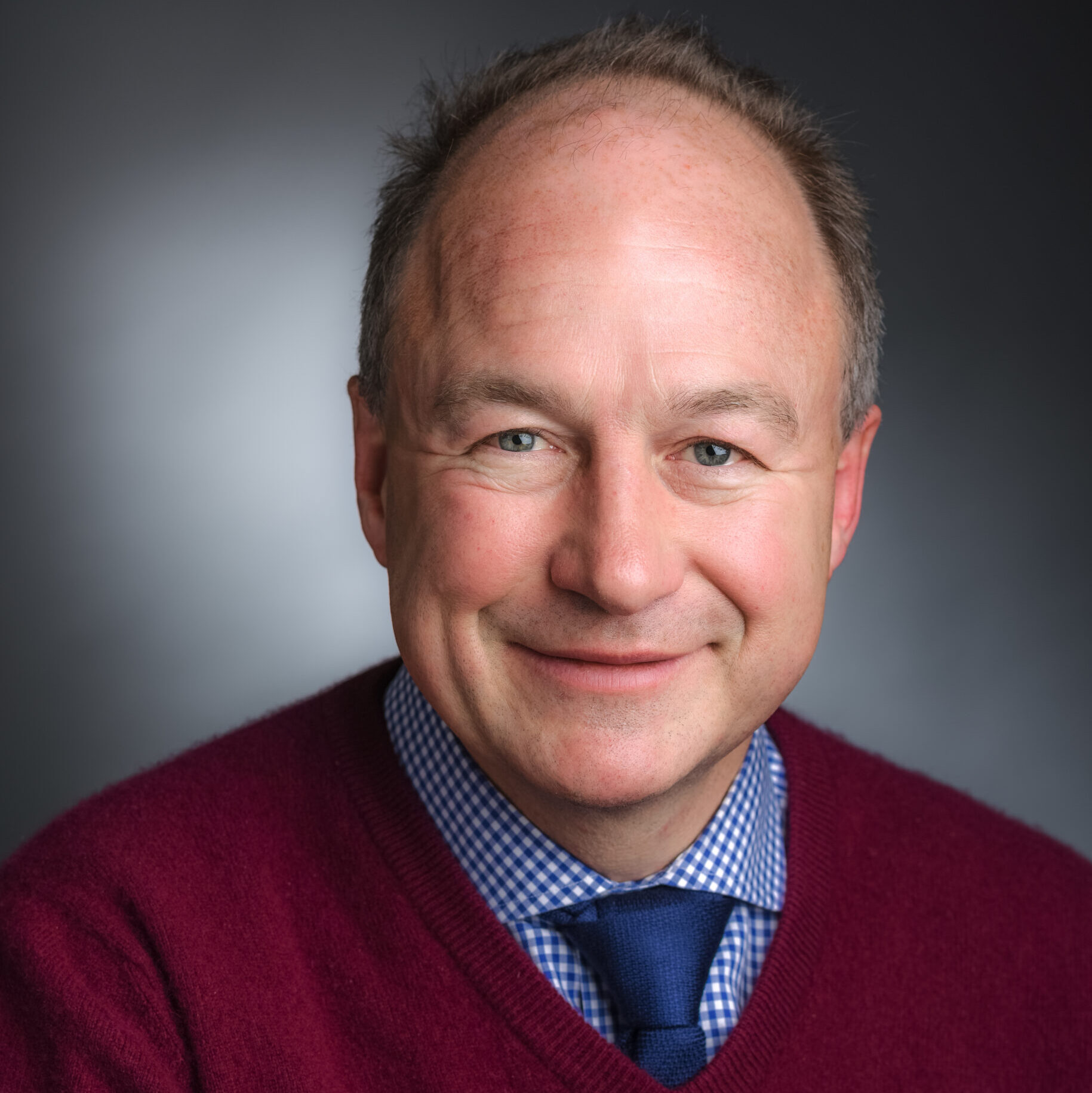 Paul Richardson
Paul RichardsonUSA
Paul Richardson
After certification in Internal Medicine, Hematology and Medical Oncology, as well as working in Cancer Pharmacology from 1994 onwards at Dana-Farber Cancer Institute (DFCI), Dr. Paul Richardson joined the Jerome Lipper Myeloma Center in 1999, was appointed Clinical Director in 2001, and led the development of several first-generation novel drugs including bortezomib, lenalidomide and pomalidomide for the treatment of multiple myeloma. Subsequent studies have focused on next generation novel drugs including panobinostat and second-generation proteasome inhibitors including ixazomib. More recently, his clinical innovations have been in the development of the breakthrough monoclonal antibodies elotuzumab and daratumumab for the treatment of both untreated and relapsed myeloma, as well as isatuximab and more broadly, antibody drug conjugates including belantamab mafodotin, as well as other immunotherapeutic strategies. In addition to these agents, he is leading the development of melflufen, a novel peptide drug conjugate and a first-in-class small molecule inhibitor selinexor, which targets XPO-1, a key nuclear export protein, as well as first-in-human studies of potent cereblon E3 ligase modulators (so called CELMoDs) for the treatment of relapsed and refractory myeloma.
He has published extensively, having authored or co-authored over 450 original articles and 375 reviews, chapters, and editorials in peer-reviewed journals. In addition to holding positions on the Editorial Boards of leading journals, he is prior Chairman of the Multiple Myeloma Research Consortium (MMRC), Clinical Trials Core, a position held for 5 years as part of a rotating tenure, and for which he continues as a member of the Steering and Project Review Committee. He was also a member of ASCO Hematologic Malignancies Subcommittee for the required one-year term, and then for one year on the ASCO Internet Cancer Information Committee during 2017. He was appointed Chair of the Alliance Myeloma Committee in 2011 and completed his 10-year tenure in this role in 2021.
Honors include the George Canellos Award for Excellence in Clinical Research and Patient Care, and The Tisch Outstanding Achievement Award for Clinical Research, as well an honorary Fellowship of the Royal College of Physicians (UK), given in recognition for international contributions in multiple myeloma and stem cell transplantation. He was a co-recipient of the prestigious Warren Alpert Foundation Prize in recognition of the successful therapeutic targeting of the ubiquitin-proteasome pathway in 2012. He was also a co-recipient of the Accelerator Award for contributions to clinical research and patient enrollment in MMRC studies, as well as for the Research Center of the Year Award in 2009, followed by a second award for Center of the Year in 2017. He was ranked by Thomson Reuters Science Watch amongst the top 19 investigators at DFCI for the most highly cited research in 2016. He was the co-recipient of the ASH Ernest Beutler Prize for clinical science and translational research in the development of proteasome inhibition as an effective treatment strategy for multiple myeloma in 2015; the COMY Award for MM research (Paris, France) in 2016, and the prestigious IMF Robert A. Kyle Lifetime Achievement Award in 2017, together with the Clare and Richard Morse Research Award (DFCI) in 2019, as well as the Giants of Cancer Care Award (USA) in 2021.
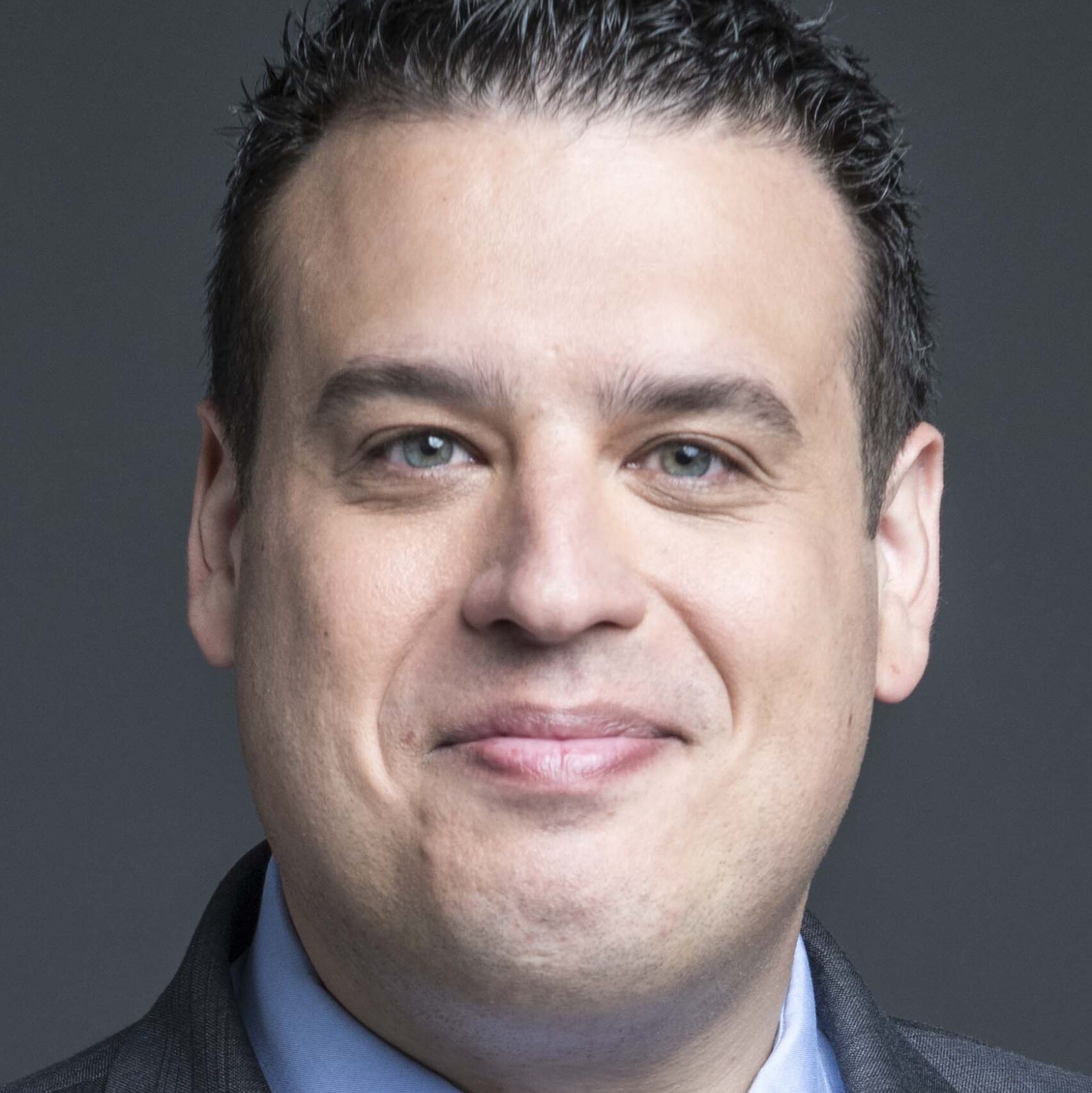 Joshua Richter
Joshua RichterUSA
Joshua Richter
Joshua Richter, MD, is an Associate Professor of Medicine, Haematology and Oncology in the Myeloma Division at the Tisch Cancer Institute at the Icahn School of Medicine at Mount Sinai and the Director of Myeloma at the Blavatnik Family Chelsea Medical Center at Mount Sinai. He completed undergraduate work at Johns Hopkins University and subsequently went on to medical school at New York Medical College, where he completed residency at St. Vincent’s Hospital. Dr Richter completed his haematology/oncology fellowship at the Yale Cancer Center. After completing his fellowship, he worked in the myeloma division at the John Theurer Cancer Center at Hackensack University Medical Center. In 2018 he joined the Myeloma Division at Mount Sinai Hospital. Dr Richter has been published in numerous oncology journals, including The New England Journal of Medicine, Blood and the Journal of Clinical Oncology. He has an interest in immunotherapy, multi-functional antibodies and precision medicine.
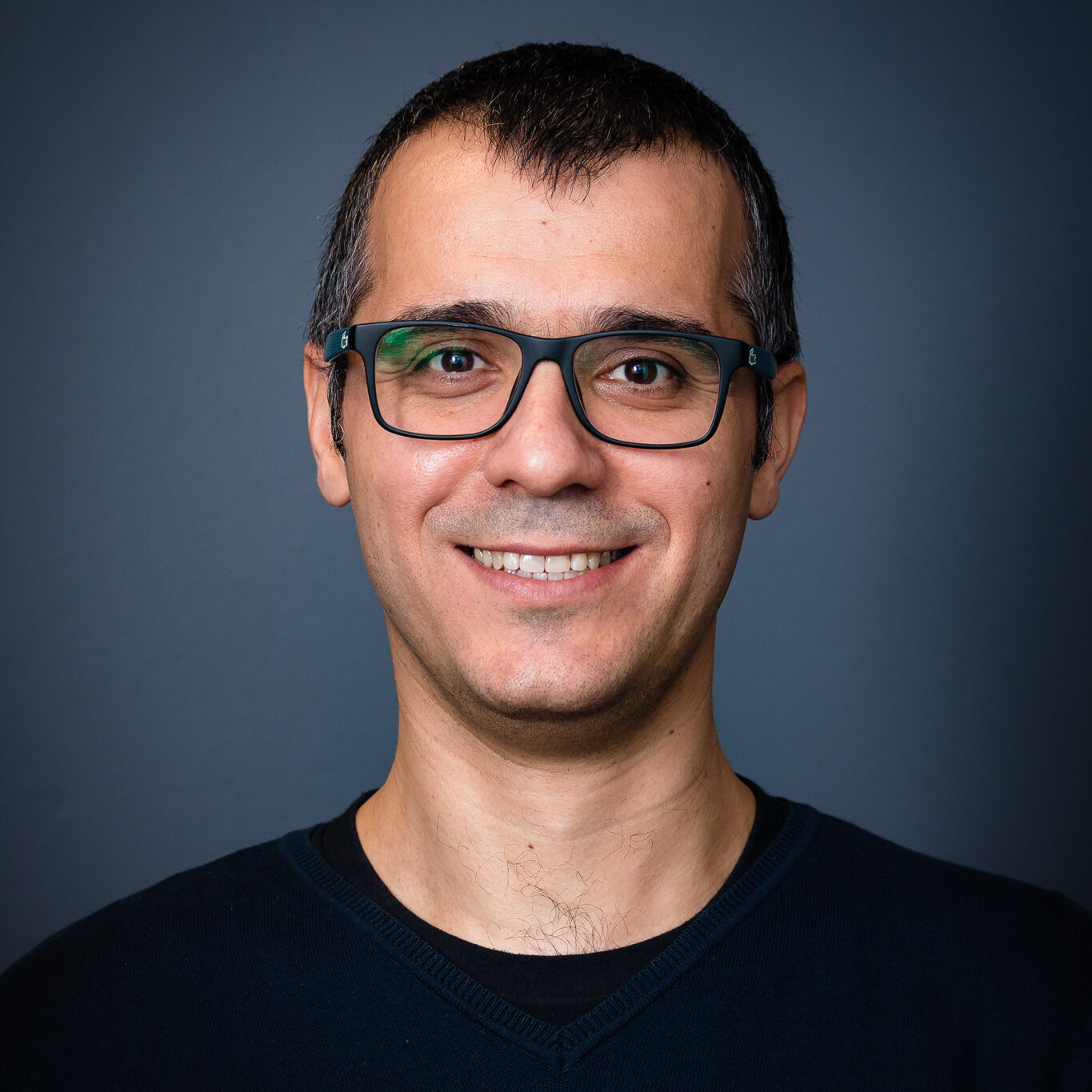 Mehmet Samur
Mehmet SamurUSA
Mehmet Samur
Dr. Samur is a principal research scientist at the Dana-Farber Cancer Institute (DFCI) and Harvard TH Chan School of Public Health. With a background in computational biology, Dr. Samur’s work focuses on integrating bioinformatics, machine learning, and genomics to advance cancer research. He has contributed significantly to understanding the molecular and genetic mechanisms underlying multiple myeloma and other hematological cancers. Dr. Samur works with both clinical and research teams to develop innovative methods and data-driven insights, aiming to improve Multiple Myeloma diagnosis, prognosis, and treatment strategies.
 Pieter Sonneveld
Pieter SonneveldNetherlands
Pieter Sonneveld
Dr. Sonneveld is Professor of Hematology at the Erasmus MC and Erasmus University Rotterdam and Chair of the Erasmus MC Cancer Institute in Rotterdam. From 2011 to 2017 he has been the head of the department of Hematology. His research focus is on clinical and translational aspects of multiple myeloma. His myeloma research group in Erasmus MC has been very active in molecular diagnostics and micro-environment of myeloma.
He is vice-chairman of the HOVON Myeloma Working Group and coordinates HOVON and EMN clinical trials. Dr. Sonneveld is one of the founders of the European Myeloma Network and has been chairman since. Within EMN, he coordinates a cooperative network for independent clinical trials in Europe. EMN currently runs international trials and registration trials for novel treatments in myeloma.
He has been Treasurer and President (2017-2019) of the European Hematology Association EHA, and chair of its Scientific Working Group Committee. He has chaired the Scientific Program Committee of the 19th EHA congress in Milan 2014 and of the EMN Myeloma meetings in 2018 and 2021.
He serves on the Scientific Advisory Boards of the International Myeloma Society, the International Myeloma Foundation and the Multiple Myeloma Research Foundation and is a member of the International Myeloma Working Group. Dr Sonneveld has been a member of many Editorial Boards and has authored more than 600 peer reviewed scientific publications and book chapters. He has received numerous grants for his research.
In 2015 he was awarded the international Robert Kyle Award in Multiple Myeloma. In 2019 he received the Hubertus Wald Award for Cancer Research from Germany and in 2022 he received the International Waldenstrom Lifetime Achievement Award by the International Myeloma Society.
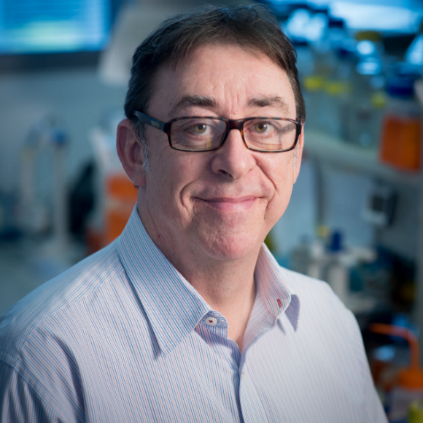 Andrew Spencer
Andrew SpencerAustralia
Andrew Spencer
Professor Andrew Spencer is Head of the Malignant Haematology, Transplantation and Cellular Therapy Service at The Alfred Hospital, Professor of Haematology at Monash University and Head of the Myeloma Research Group (MRG), all in Melbourne, Australia. He leads an independent translational research program and a first-in-human and early phase clinical research unit with currently over 190 open trials with >900 registered trial patients. Since 2019 he has been an invited speaker at 50 international meetings on genomics, therapeutics and disease monitoring in myeloma and is an invited investigator of the International Myeloma Foundation (IMF) Black Swan Research Initiative with a focus on liquid biopsy approaches. He serves on the scientific advisory boards of the IMF and the International Myeloma Working Group. He established and Chairs the ANZ Myeloma and Related Diseases Registry (MRDR), the APAC MRDR and the associated M1000 liquid biopsy biobank. He established the Australasian Myeloma Research Consortium (AMaRC) in 2016.
 Keith Stewart
Keith StewartCanada
Keith Stewart
Dr. Keith Stewart is Vice-President, Cancer and Director, Princess Margaret Cancer Centre, University Health Network, and Regional Vice-President, Toronto Central South Regional Cancer Program, Ontario Health. He also holds the Richard H. Clark Chair in Cancer Medicine.
Dr. Stewart received his medical degree at Aberdeen University Medical School and trained in internal medicine and hematology in Glasgow, Kingston, Toronto and Boston. In 2002, he completed a Master of Business Administration at the Ivey Business School, University of Western Ontario. Dr. Stewart has served in several healthcare leadership roles across both research and clinical practice in Toronto and at the Mayo Clinic. Dr. Stewart returned to Toronto from the Mayo Clinic where he most recently was Director of the Center for Individualized Medicine.
Dr. Stewart’s own research and clinical practice is focused on the biology, genomics and treatment of Multiple Myeloma. He has published over 350 research papers and led numerous clinical trials of novel therapeutics for this disease from first in man to large practice changing studies. Dr. Stewart has served on the advisory and medical or scientific boards of many private and public institutions including currently as a non-executive board member of Genomics England.
 Evangelos Terpos
Evangelos TerposGreece
Evangelos Terpos
Evangelos Terpos, MD, PhD
Professor of Hematology and Director of Stem Cell Transplantation Unit, National and Kapodistrian University of Athens, School of Medicine, Athens, Greece
Dr Terpos’s main research interest is the biology and management of bone disease in multiple myeloma. He also studies the role of modern imaging (MRI, PET/CT) and of MRD in plasma cell neoplasms. In the clinical research era, Dr Terpos participates in many important clinical trials and is the PI of several studies with novel agents in the field of myeloma.
His research work was reported in more than 660 papers in peer-reviewed journals and Dr Terpos has more 31,000 citations and an h-index of 83 in ISI/Web of Knowledge and more than 45,000 citations and an h-index of 101 in Google Scholar.
Dr Terpos is co-chairing the Bone Sub-Committee of the International Myeloma Working Group and is a member of the Guideline Subgroup of the European Myeloma Network. Dr Terpos is also a member of the Education and Publication Committees of the International Myeloma Society, and he is the vice-president of the Greek Myeloma Study Group.
He has given lectures at ASH, ASCO & EHA meetings, International Myeloma Workshops and in several national meetings. He is Associate Editor of HemaSphere (official journal of EHA) and member of the Editorial Board of Blood Cancer Journal, American Journal of Hematology and Haematologica .
- Cyrille Touzeau
France
Cyrille Touzeau
Cyrille Touzeau is professor in hematology in the university hospital of Nantes. He is a member of the board of IFM.
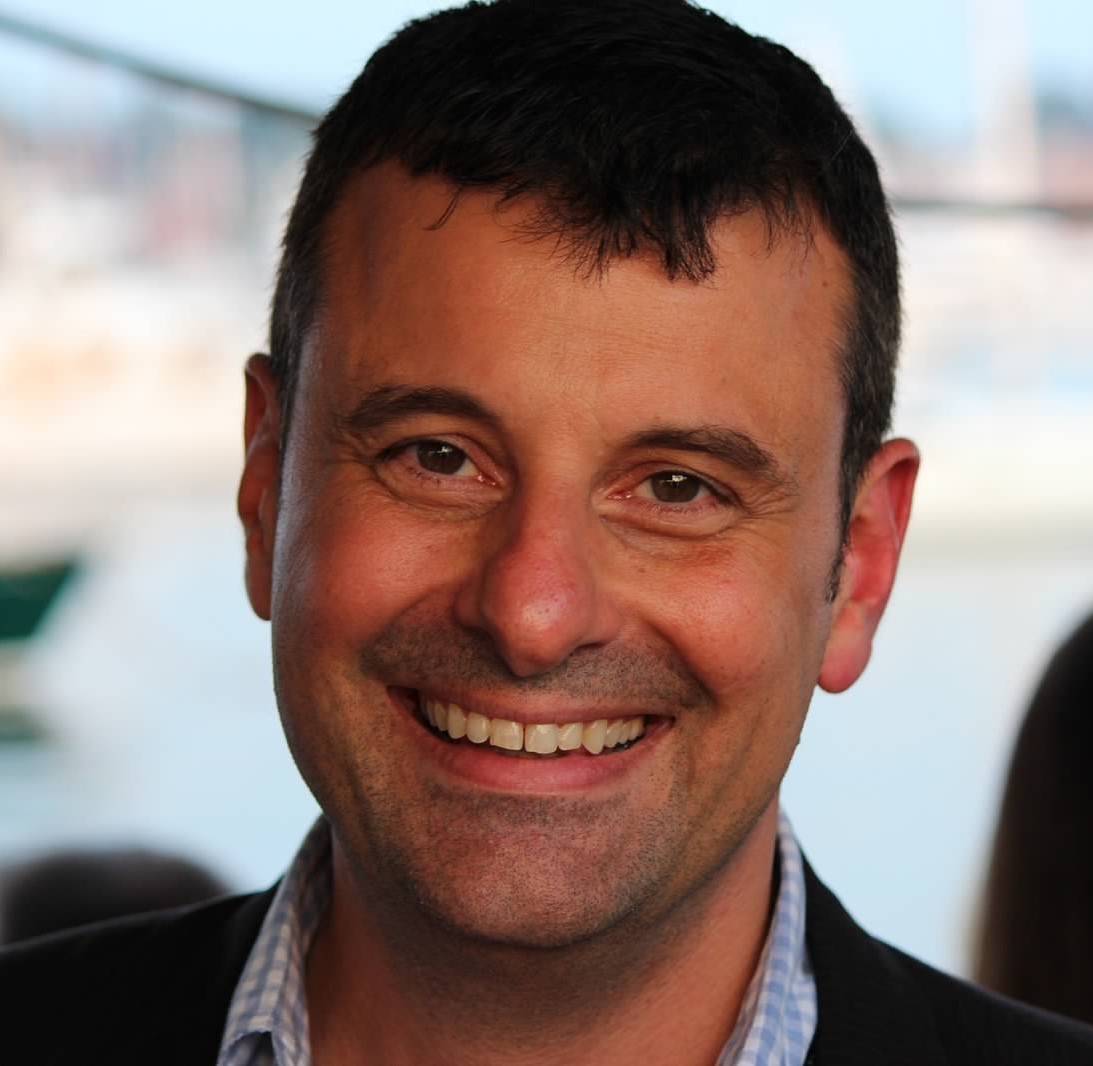 Steven Treon
Steven TreonUSA
Steven Treon
Dr. Treon is the Director of the Bing Center for Waldenstrom’s Macroglobulinemia at Dana-Farber Cancer Institute (DFCI), and a Professor of Medicine at Harvard Medical School. Dr. Treon earned a BA (Biology), MS (Biochemistry), PhD (Cancer Immunology), and MD with honors from Boston University, and MA from Harvard Medical School. He completed an Internal Medicine residency at Boston University Medical Center, Hematology/Medical Oncology Fellowship at Massachusetts General Hospital, and post-doctoral training at DFCI.
In 1999, Dr. Treon initiated a WM clinic at DFCI which has cared for thousands of patients with WM. Using whole-genome sequencing, Dr. Treon’s laboratory first identified highly recurring activating mutations in MYD88 and CXCR4 in WM patients and was the first to report that Bruton’s tyrosine kinase (BTK) was a downstream target of the MYD88 mutation, resulting in a study leading to the first-ever approval of a drug (ibrutinib) for WM. Dr. Treon has also made contributions to the investigation and advancement of many novel agents for the treatment of WM. He organized the WM Clinical Trials Group, which included investigators in the U.S., Canada, and Europe, and served as the principal investigator for many prospective clinical trials which examined novel agents and combinations in WM patients including the monoclonal antibodies rituximab and alemtuzumab; the nucleoside analogue fludarabine with rituximab; the immunomodulatory agents thalidomide, lenalidomide, and pomalidomide with rituximab; the MTOR inhibitor everolimus; the proteasome inhibitors bortezomib and carfilzomib alone and with rituximab; the BTK inhibitor ibrutinib; the CXCR4 antagonists ulocuplomab and mavorixafor in combination with ibrutinib; and the BCL-2 inhibitor venetoclax (co-investigator). These studies enabled inclusion of many new agents into national and international treatment guidelines.
Dr. Treon has published extensively on topics in WM and related disorders, with over 400 peer-reviewed original reports, reviews, editorials, and chapters in high-impact journals and textbooks. He has been the principal organizer of the biennial International Workshops on WM since 2000, and the International Patient and Physician Summits since 2003. In recognition of his scientific work in WM, Dr. Treon has received numerous honors and awards including the International Waldenstrom’s Macroglobulinemia Foundation Achievement Award, the Robert A. Kyle Award for Contributions to Waldenstrom’s Macroglobulinemia, “Top Doctors” Best of Boston Award in Medical Oncology, the Laurie Strauss Leukemia Foundation Outstanding Cancer Researcher Award, the Jan Gosta Waldenstrom Award for Lifetime Contributions to WM, “Top Doctors” in the U.S. for Medical Oncology by U.S. News and World Report, Best of ASH Recognitions for Most Impactful Abstract Presented at the Annual Meeting of the American Society for Hematology, Massachusetts General Hospital 100 Award for Top Cancer Advancements, Bruce Waterfall Memorial Lecture Award, Discovery Award for Impactful Work in Medical Oncology, Dana Farber Cancer Institute, and a Distinguished Alumnus Award from the Graduate School of Boston University Medical School. In 2017, Dr. Treon was elected a Fellow to the American College of Physician, and a Fellow to the Royal College of Physicians, London UK.
ear“Best of the American Society of Hematology” designations at Annual Meetings of the American Society of Hematology. In 2017, Dr. Treon was elected as a fellow to the Royal College of Physicians in London, and in 2018, as a fellow to the American College of Physicians.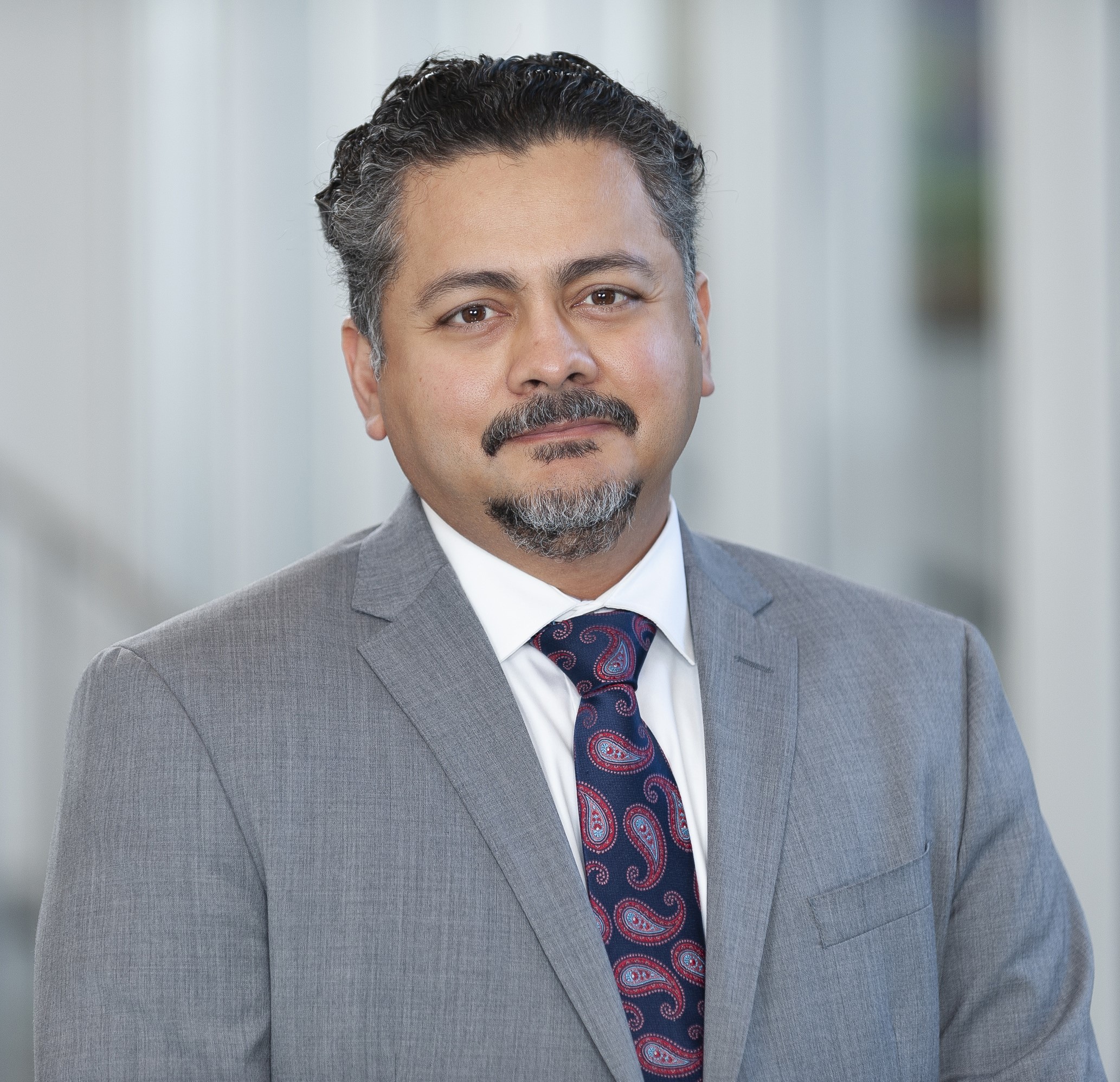 Saad Usmani
Saad UsmaniUSA
Saad Usmani
Dr. Saad Zafar Usmani received his medical education at Allama Iqbal Medical College in Lahore, Pakistan. He completed a residency in internal medicine at Sinai-Grace Hospital/Wayne State University in Detroit, Michigan and a fellowship in hematology and oncology at the University of Connecticut Health Center in Farmington, Connecticut. He then joined the Myeloma Institute for Research & Therapy, University of Arkansas for Medical Sciences in Little Rock, AR in 2010 as the Director of Developmental Therapeutics and Assistant Professor of Medicine. He was recruited to the Levine Cancer Institute/Atrium Health in 2013 as the inaugural Division Chief of Plasma Cell Disorders and Director of Clinical Research for Hematologic Malignancies where he built an internationally renowned myeloma program. He now serves as the Chief of Myeloma Service at MSKCC.
Dr. Usmani is board certified in internal medicine, medical oncology, and hematology, and he is a Fellow of the American College of Physicians. He holds membership and leadership roles on national/international committees, including the International Myeloma Working Group, the ALLIANCE Myeloma Committee (Chair), the American Society of Hematology (ASH), the American Society of Clinical Oncology (ASCO), the American Society of Transplant & Cellular Therapy, and the National Cancer Institute Myeloma Steering Committee. Dr. Usmani has served as the Vice-Chair of the SWOG Myeloma Committee, and has served as chair for the ASH Scientific Committee on Plasma Cell Neoplasia, and the ASCO Scientific Committee on Plasma Cell Disorders. He has received several international awards recognizing his clinical and translational research contributions to the field, including the Celgene Young Investigator Award for Clinical Research, COMY Award for Excellence in Myeloma Research, LLS Scholar in Clinical Research, the International Myeloma Society Bart Barlogie Award for Clinical and Translational Research, and the LLS CDP Achievement Award. Dr. Usmani has authored/co-authored more than 230 peer-reviewed research manuscripts and over 300 abstracts at national and international meetings. Active in clinical and translational research, Dr. Usmani has research interests focus on plasma cell disorders—in particular, high-risk multiple myeloma.
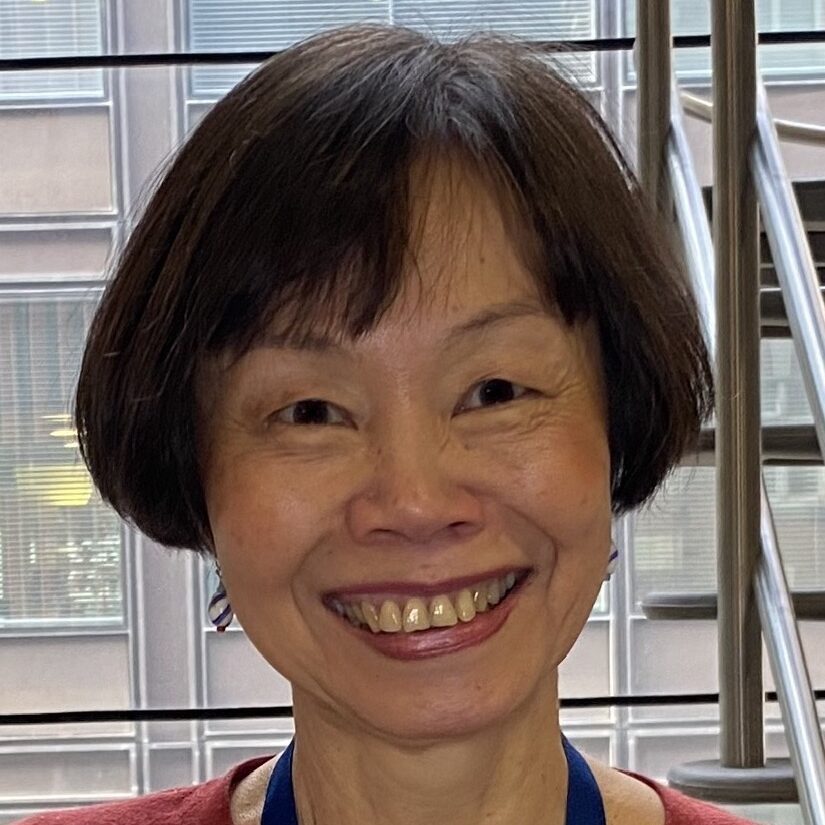 Kwee Yong
Kwee YongUK
Kwee Yong
Kwee Yong is Professor of Haematology at University College London. She was educated at Oxford and University College London. She completed her PhD in haemopoietic growth factors, and returned to UCL as Senior Lecturer in 1999. She leads the multiple myeloma programme at UCL. She is an executive member of the UK Myeloma Research Alliance, a member of the National Cancer Research Institute Haematology-Oncology Clinical Studies Group, and past chair of the UK Myeloma Forum Executive committee. She is CI on several National Cancer Research Network trials in myeloma, employing novel risk stratified strategies, and immunotherapy. Professor Yong runs a laboratory programme working on aspects of myeloma biology, immune environment and translational strategies including CAR-T therapies. A particular focus is the contribution of immune dysfunction to clinical outcomes including progression from precursor disease. The programme receives funding from the Medical Research Council, Cancer Research UK and Blood Cancer UK. Professor Yong has published over 150 original papers in peer-reviewed journals, and is a reviewer for international journals and grant-awarding bodies.
FacultyAdam Barkay2024-11-17T14:51:36+00:00
 Rahul Banerjee
Rahul BanerjeeUSA
 Woo Joo Chng
Woo Joo ChngSingapore
 Catarina Geraldes
Catarina GeraldesPortugal


